Submitted:
19 October 2024
Posted:
22 October 2024
You are already at the latest version
Abstract
Keywords:
1. Introduction
1.1. Research Questions
- In what ways do ESs enhance decision-making at the executive level, and which data analytics capabilities are most critical for effective strategic planning?
- What are the critical success factors for effective ES implementation across different organizational levels (executive, managerial, and operational)?
- How do middle managers leverage Enterprise Systems to enhance coordination, streamline workflows, and improve operational efficiency in daily business processes?
- What are the most common reasons for Enterprise System implementation failures, and how can organizations mitigate these risks through better planning and change management strategies?
- How does the alignment between Enterprise System functionalities and organizational goals influence the overall success of ES adoption in achieving long-term business objectives?
1.2. Research Rationale
1.3. Research Objectives
- To analyze the role of ES in supporting strategic decision-making at the executive level, particularly through real-time data analytics and reporting capabilities.
- To identify the critical success factors that contribute to the effective implementation of Enterprise Systems across executive, managerial, and operational levels.
- To examine how middle managers utilize Enterprise Systems to enhance resource coordination, streamline workflows, and improve operational efficiency in daily processes.
- To investigate the common reasons for Enterprise System implementation failures, including misalignment with business goals, insufficient training, and poor change management.
- To assess the impact of user involvement, training, and organizational readiness on the success of Enterprise System adoption and long-term sustainability.
1.4. Research Novelty
2. Materials and Methods
2.1. Eligibility Criteria
2.2. Information Sources

2.3. Search Strategy
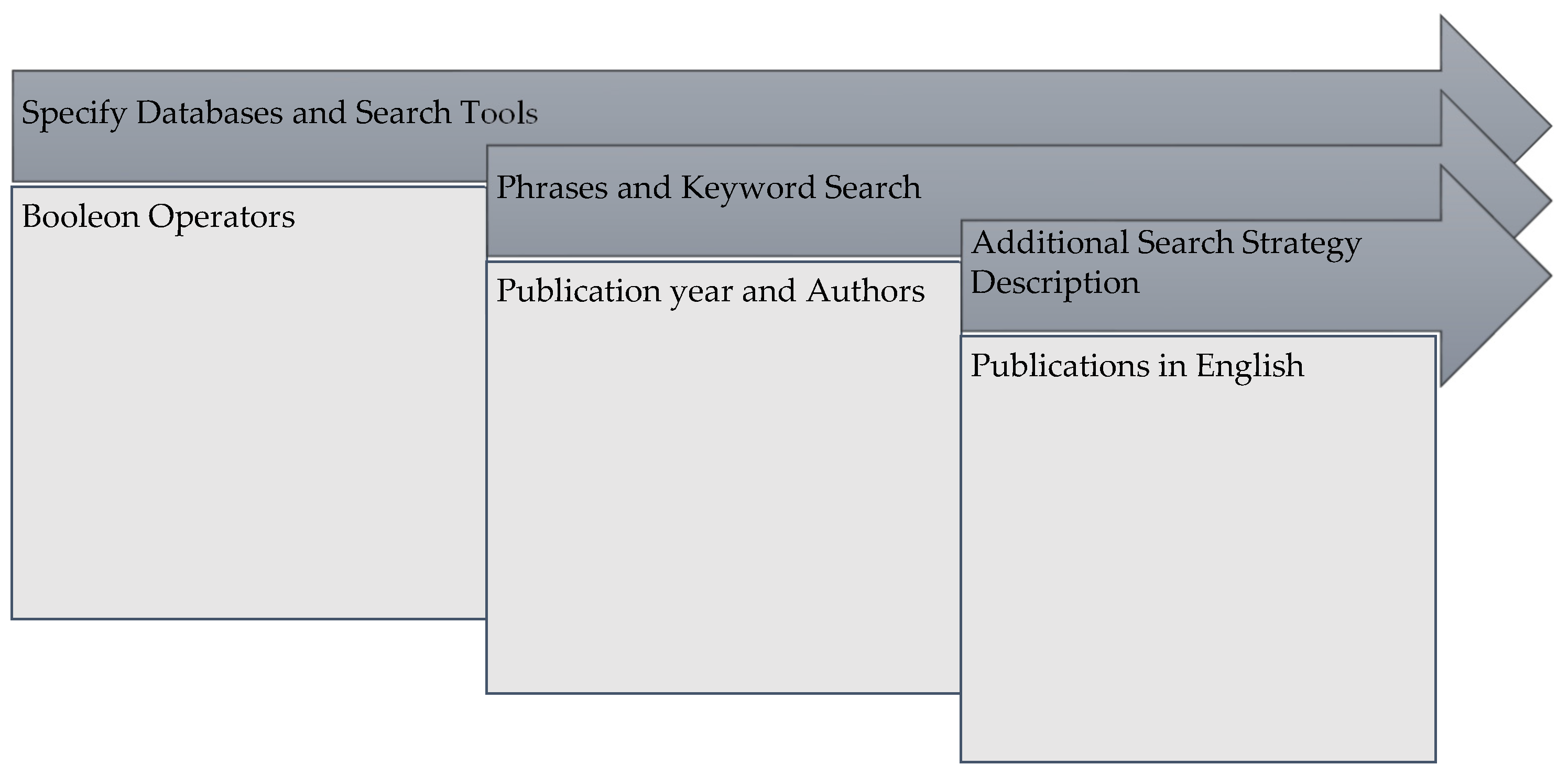
2.4. Data Collection Process


2.5. Data Items
2.6. Study Risk of Bias Assessment
2.7. Effect Measures
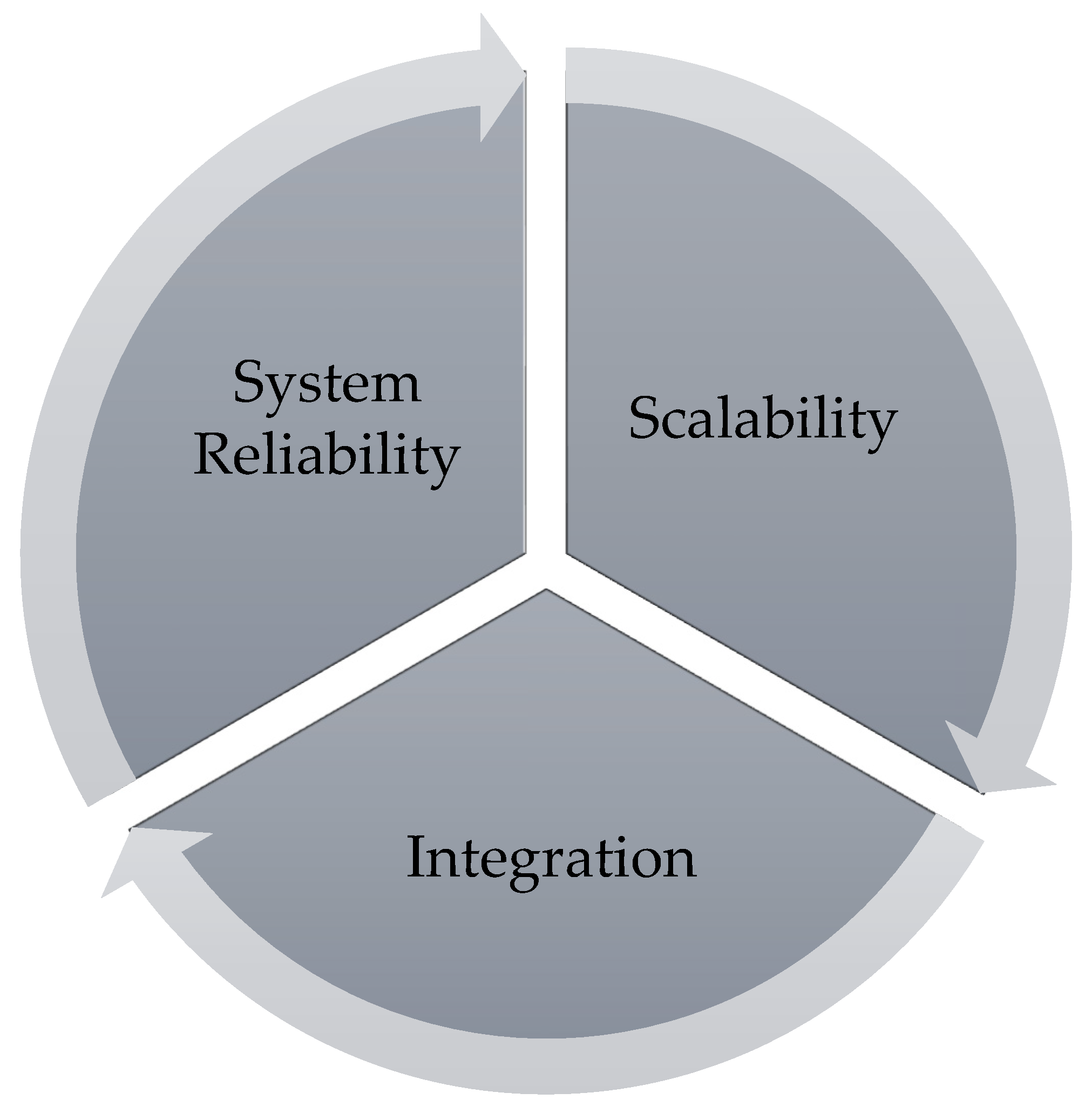
2.8. Synthesis Methods
2.8.1. Process for Deciding Study Eligibility for Synthesis
2.8.2. Data Preparation for Presentation or Synthesis
2.8.3. Methods for Tabulating and Visualizing Study Results
2.8.4. Methods for Synthesizing Results
2.8.5. Exploration of Heterogeneity
2.8.6. Sensitivity Analysis
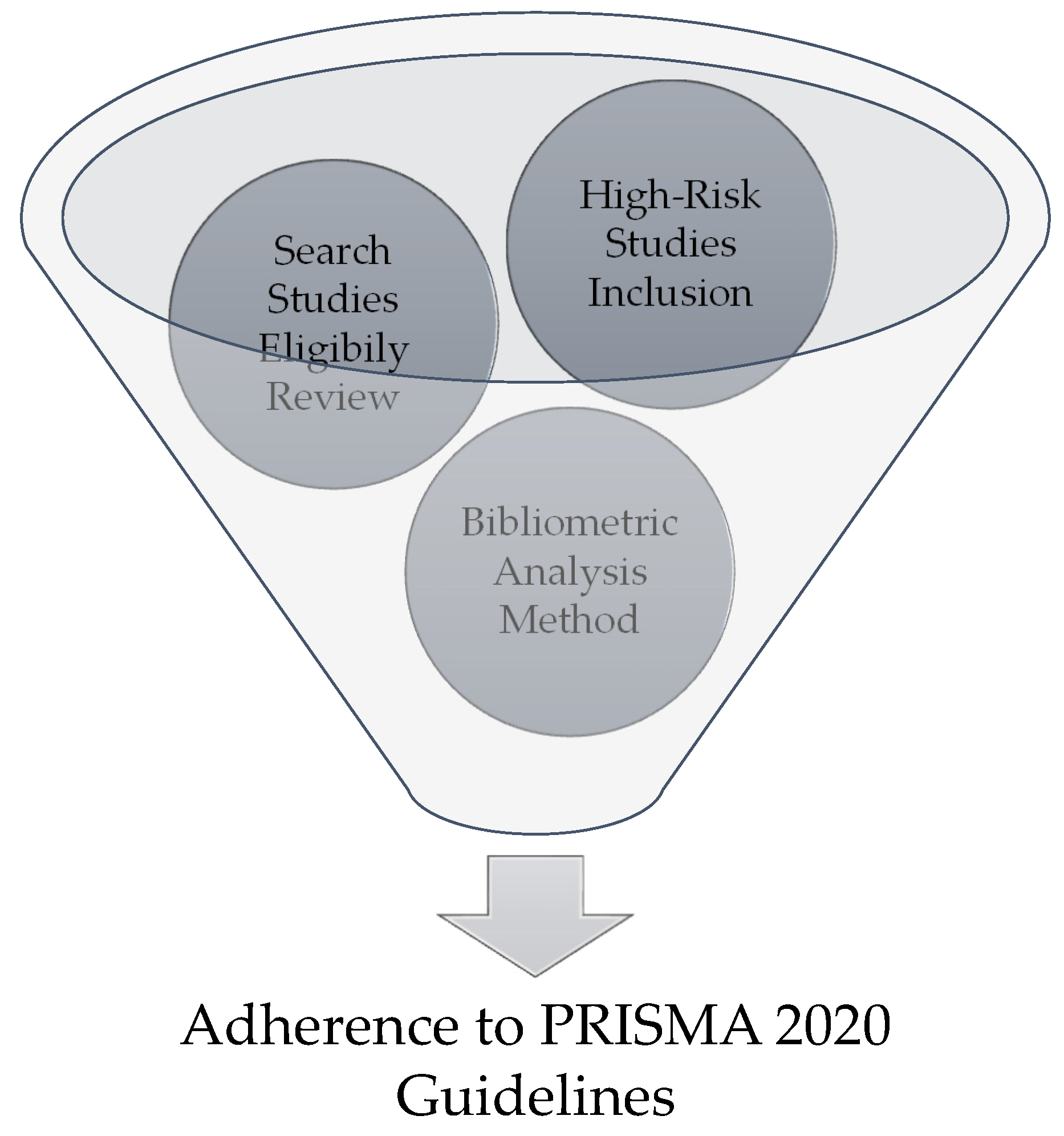
2.9. Reporting Bias Assessment
2.10. Certainty Assessment
3. Results
3.1. Study Selection
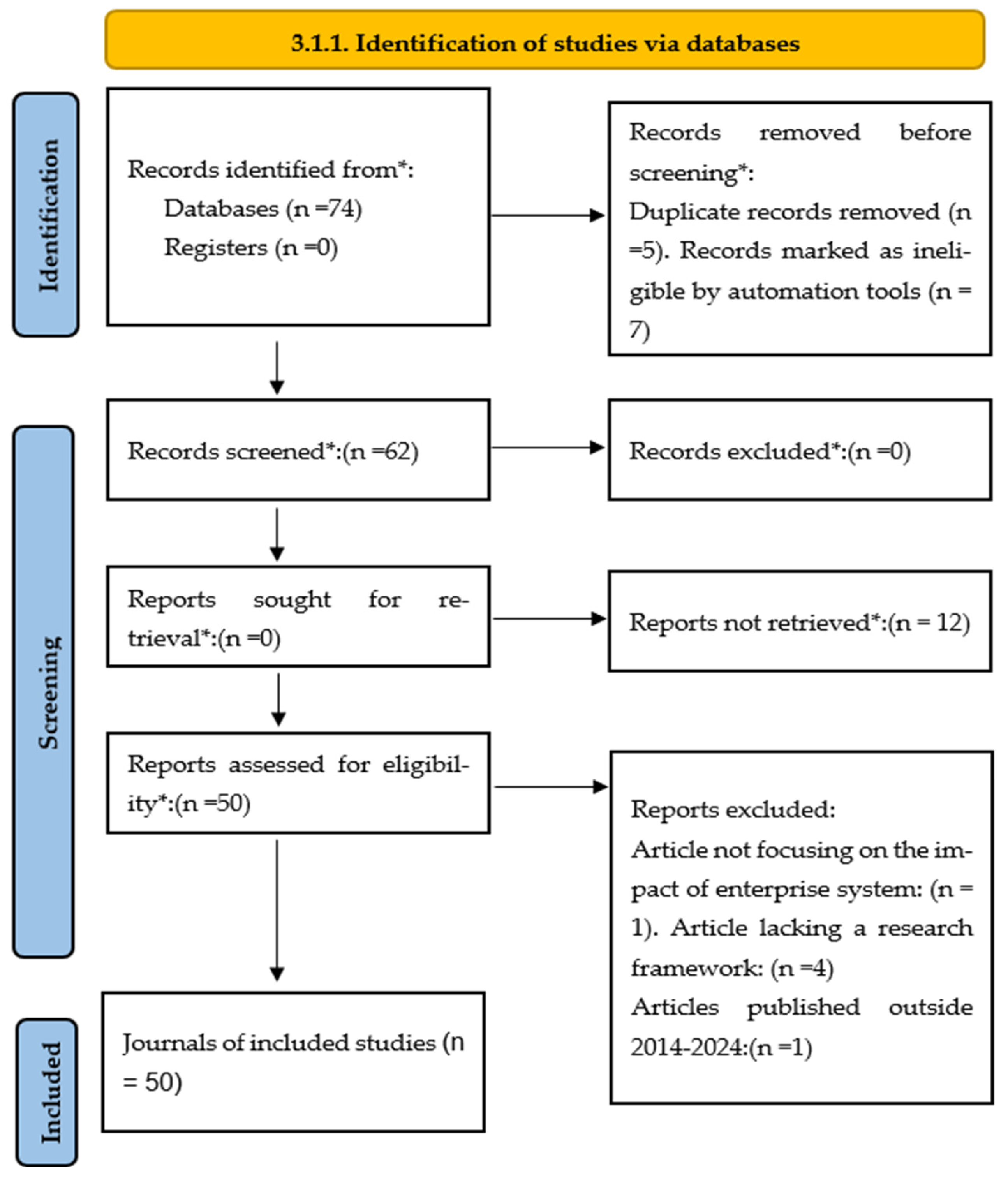
3.2. Study Characteristics

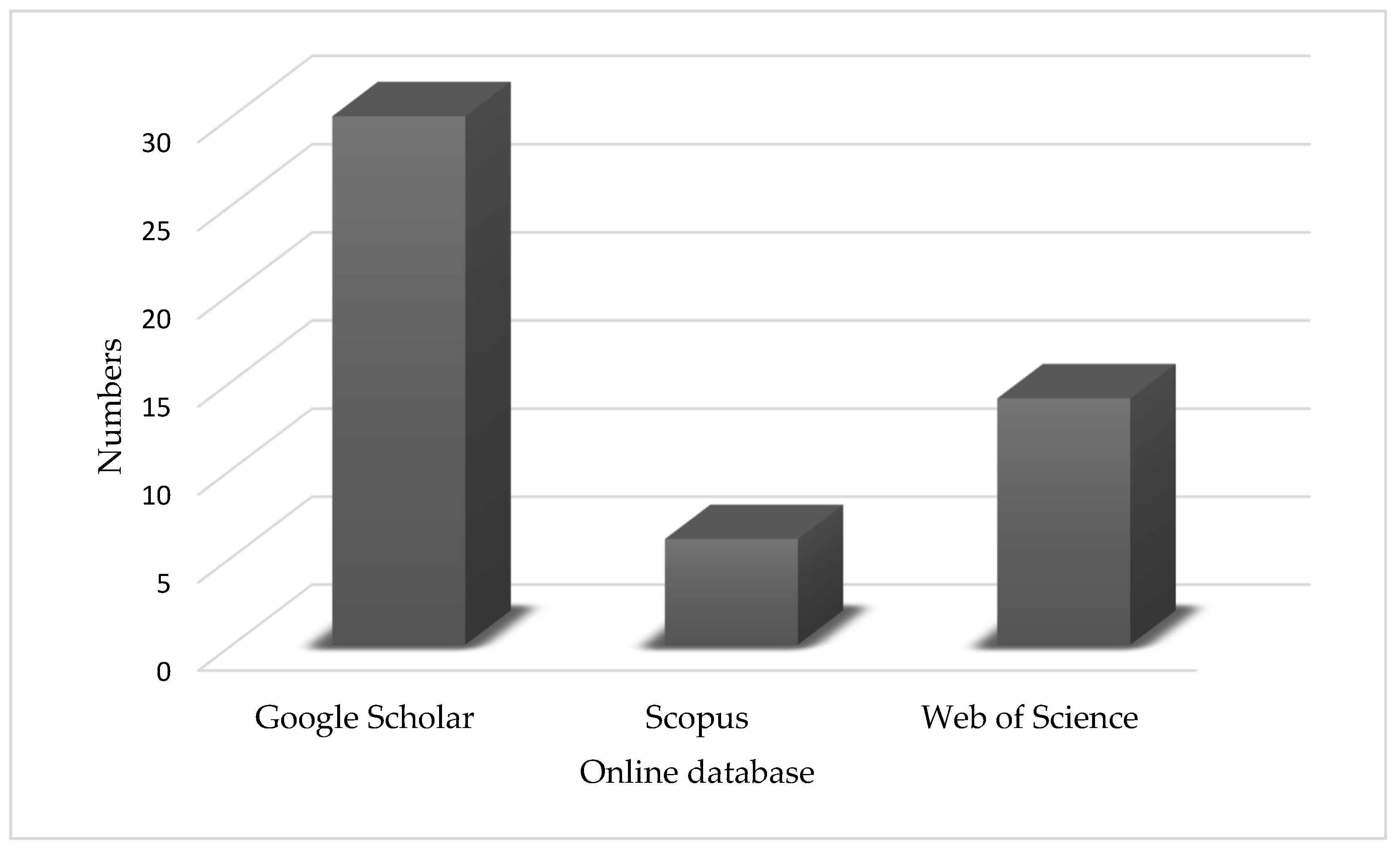
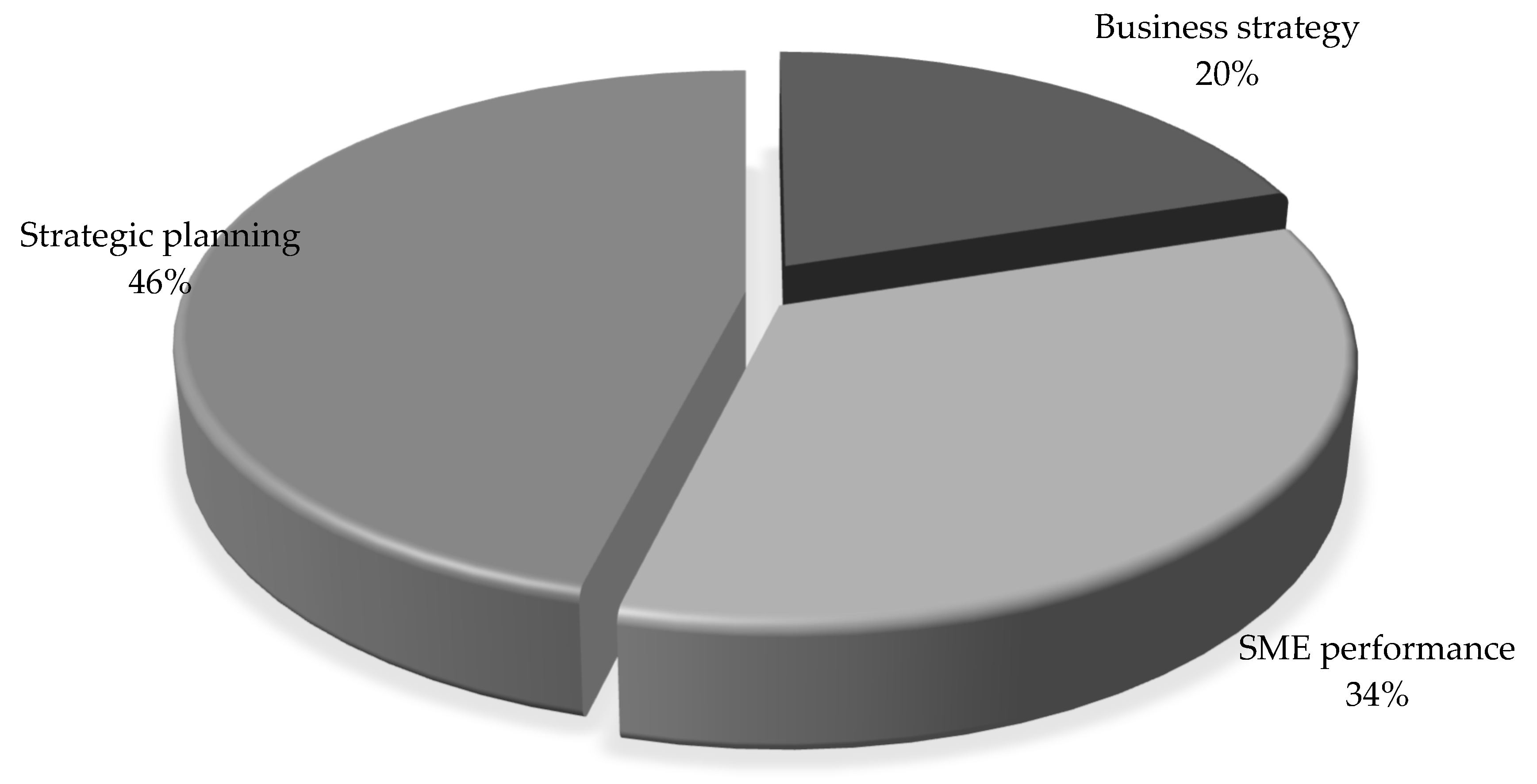
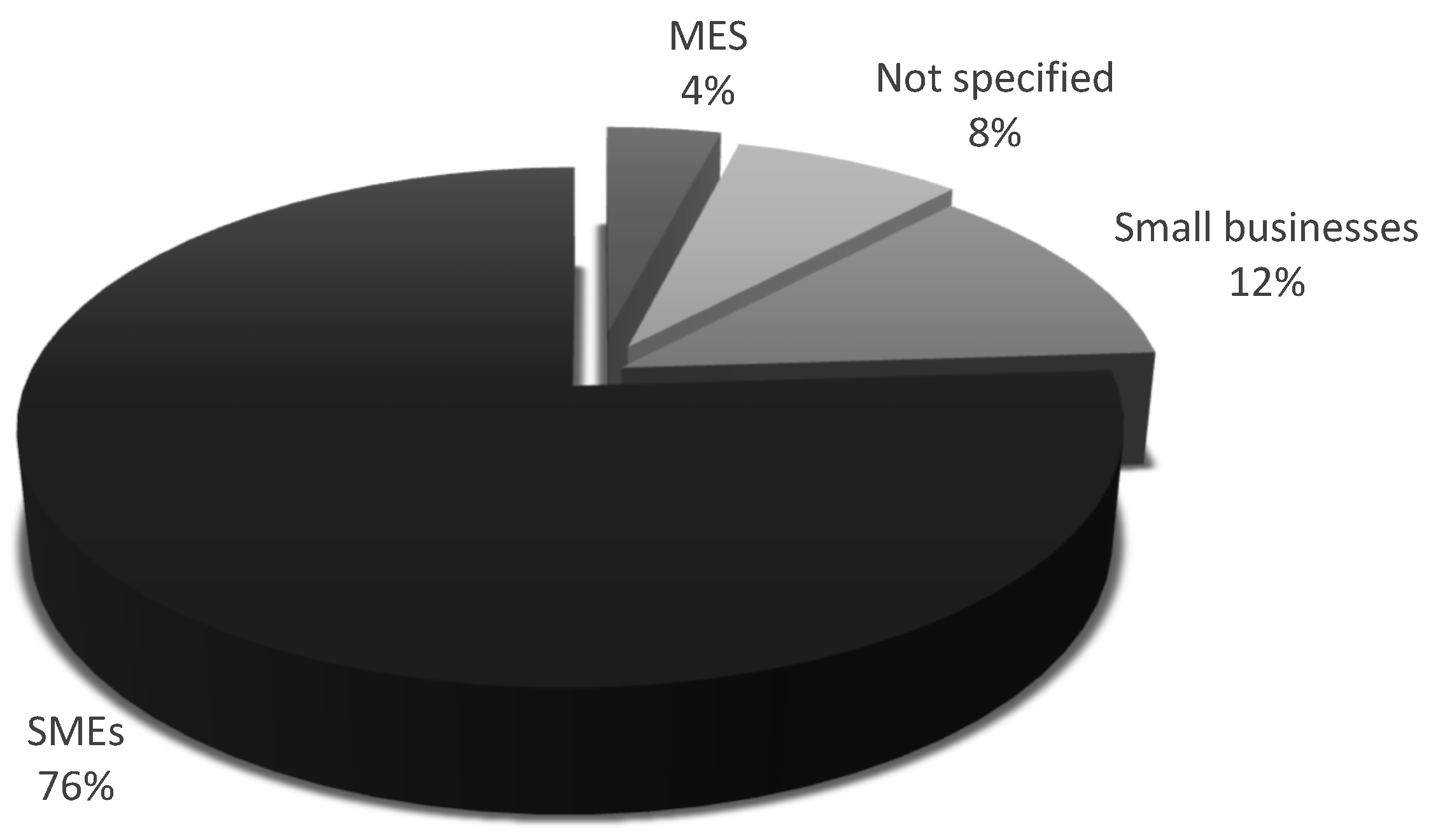
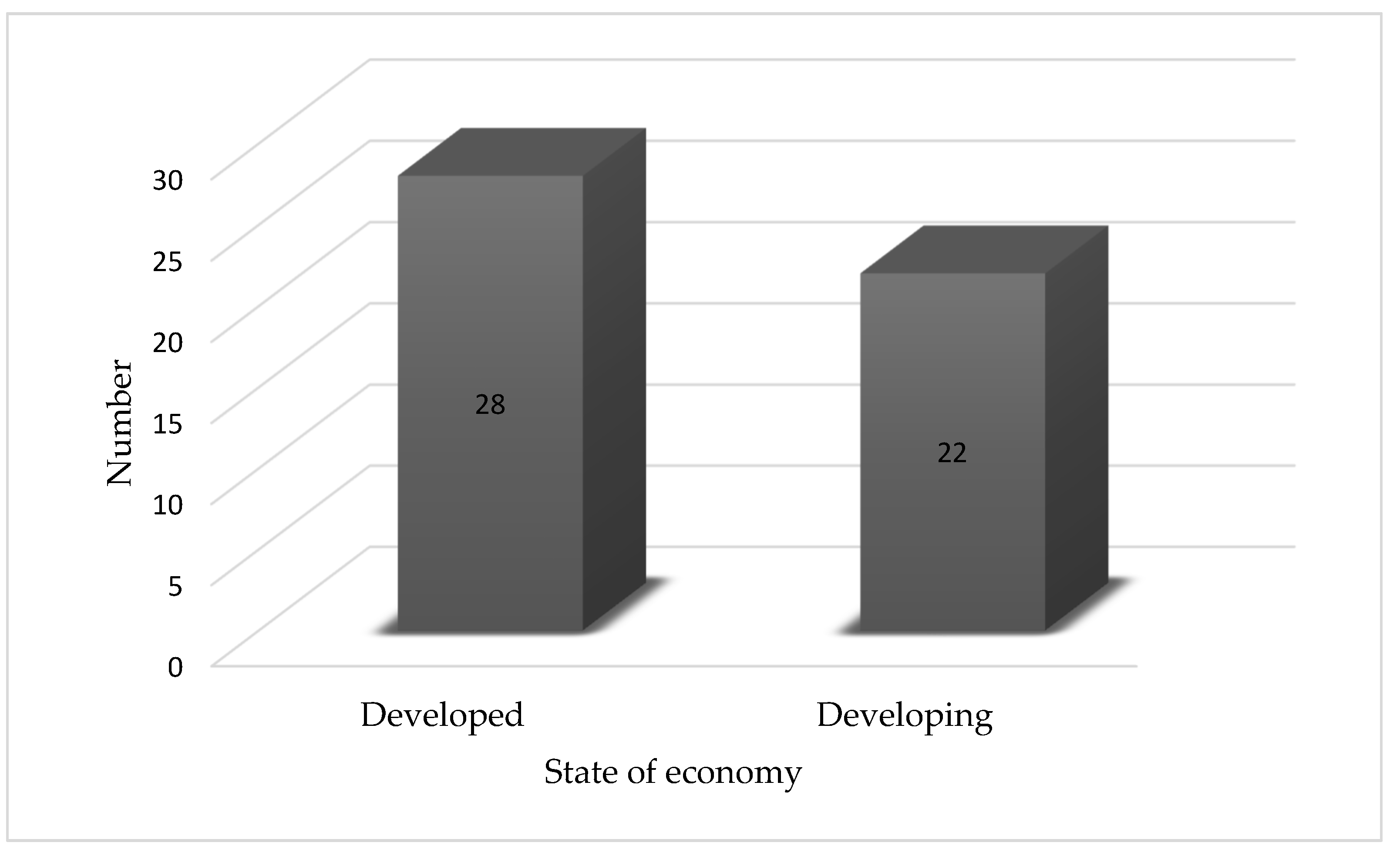
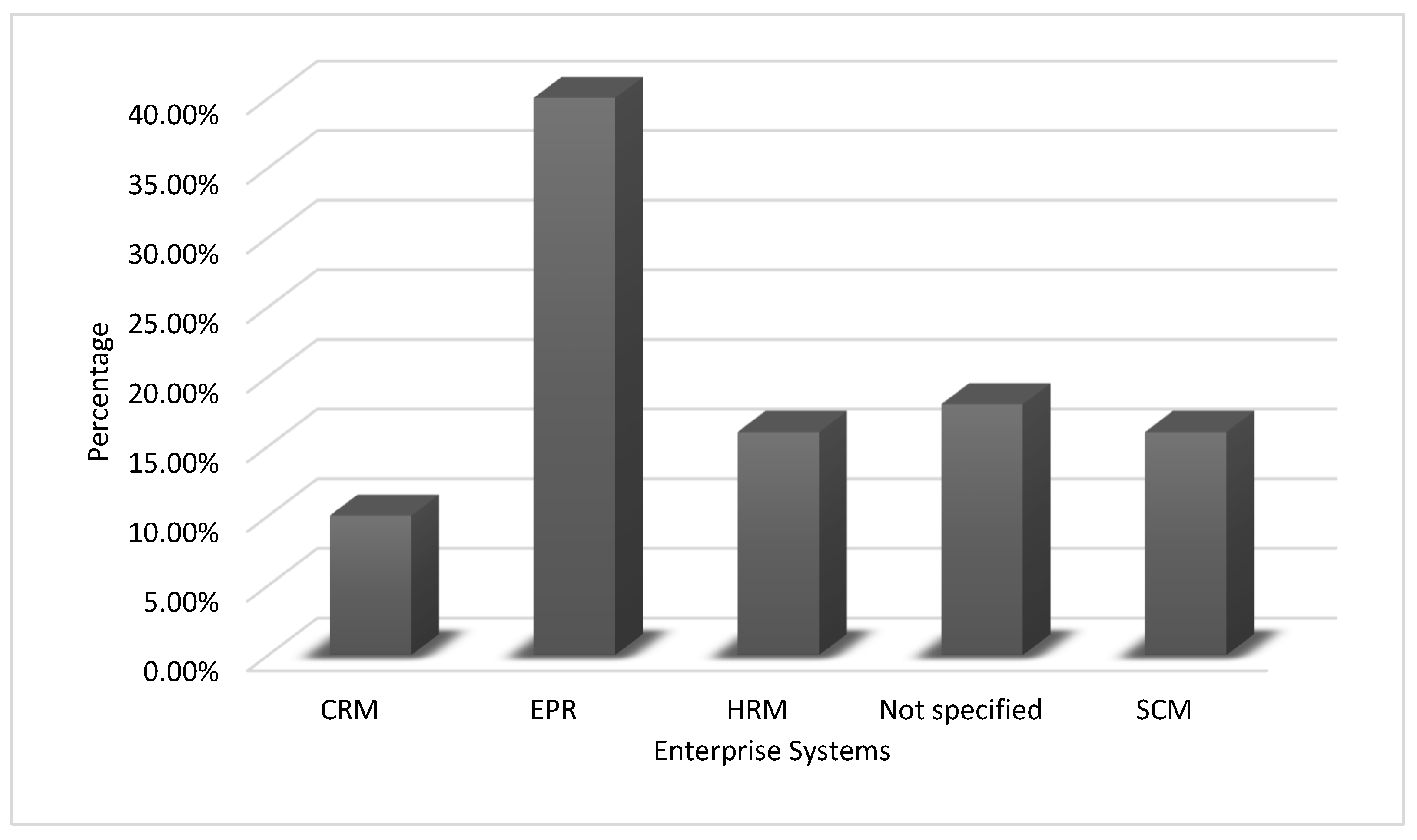
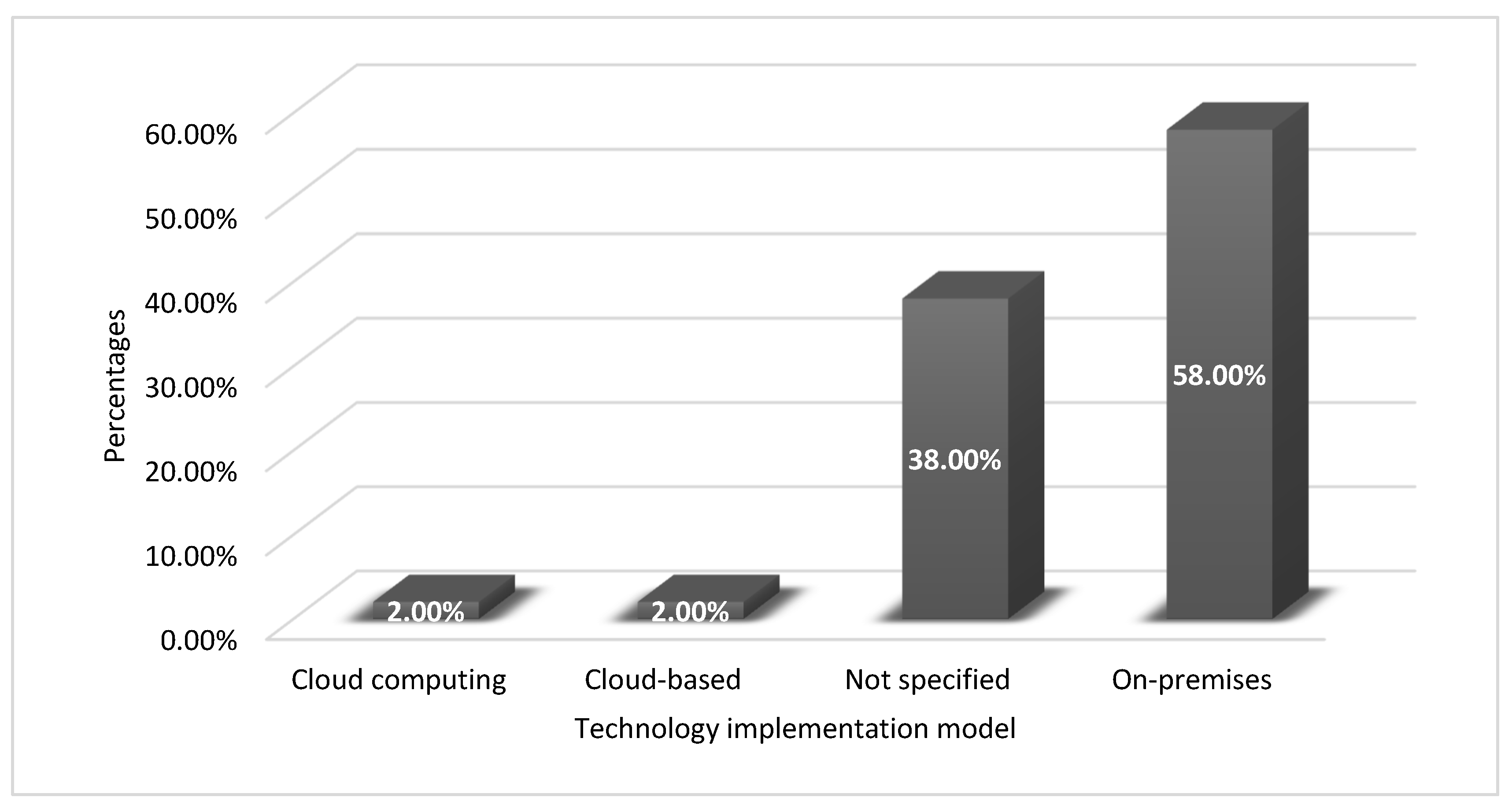
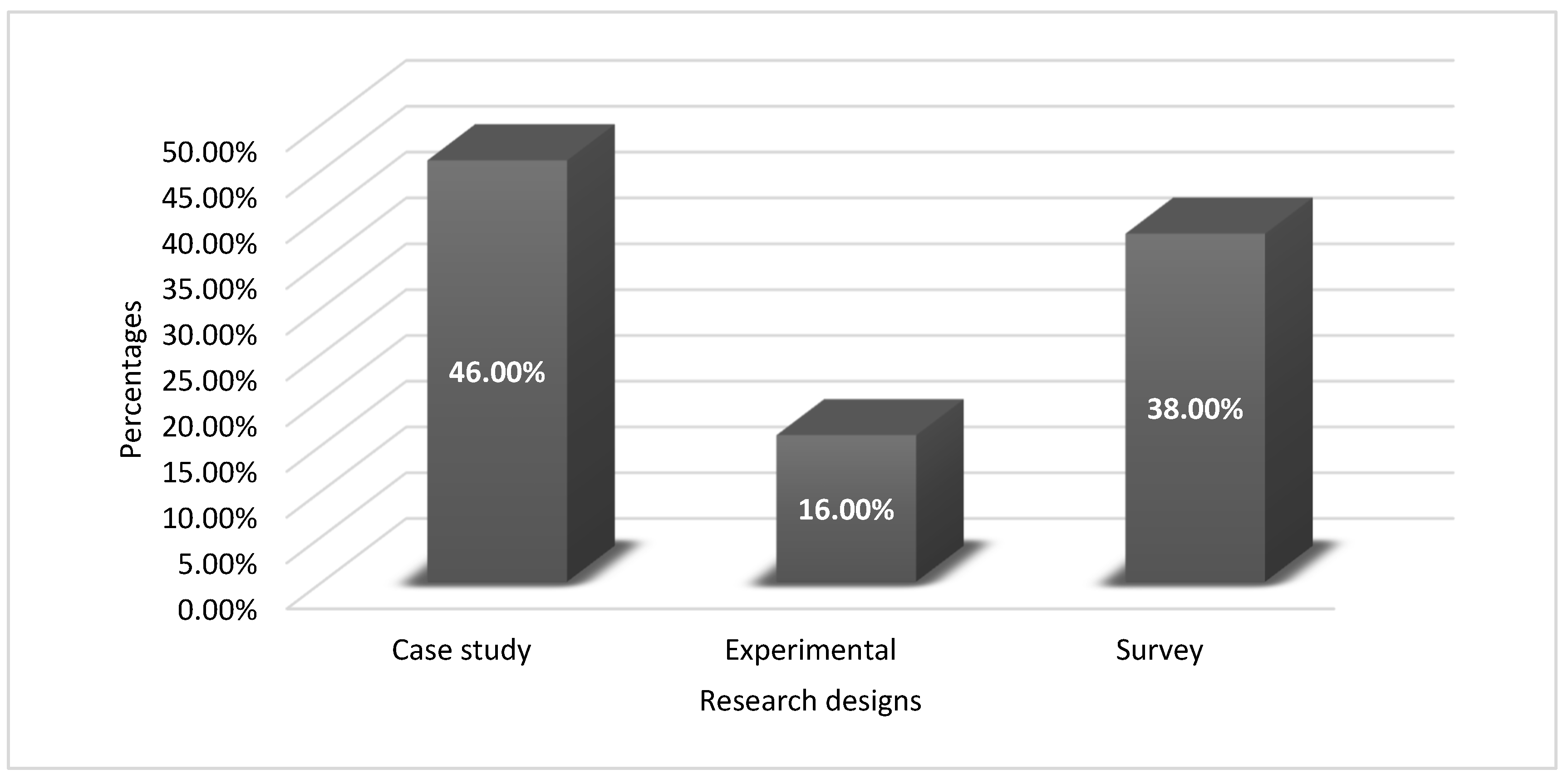
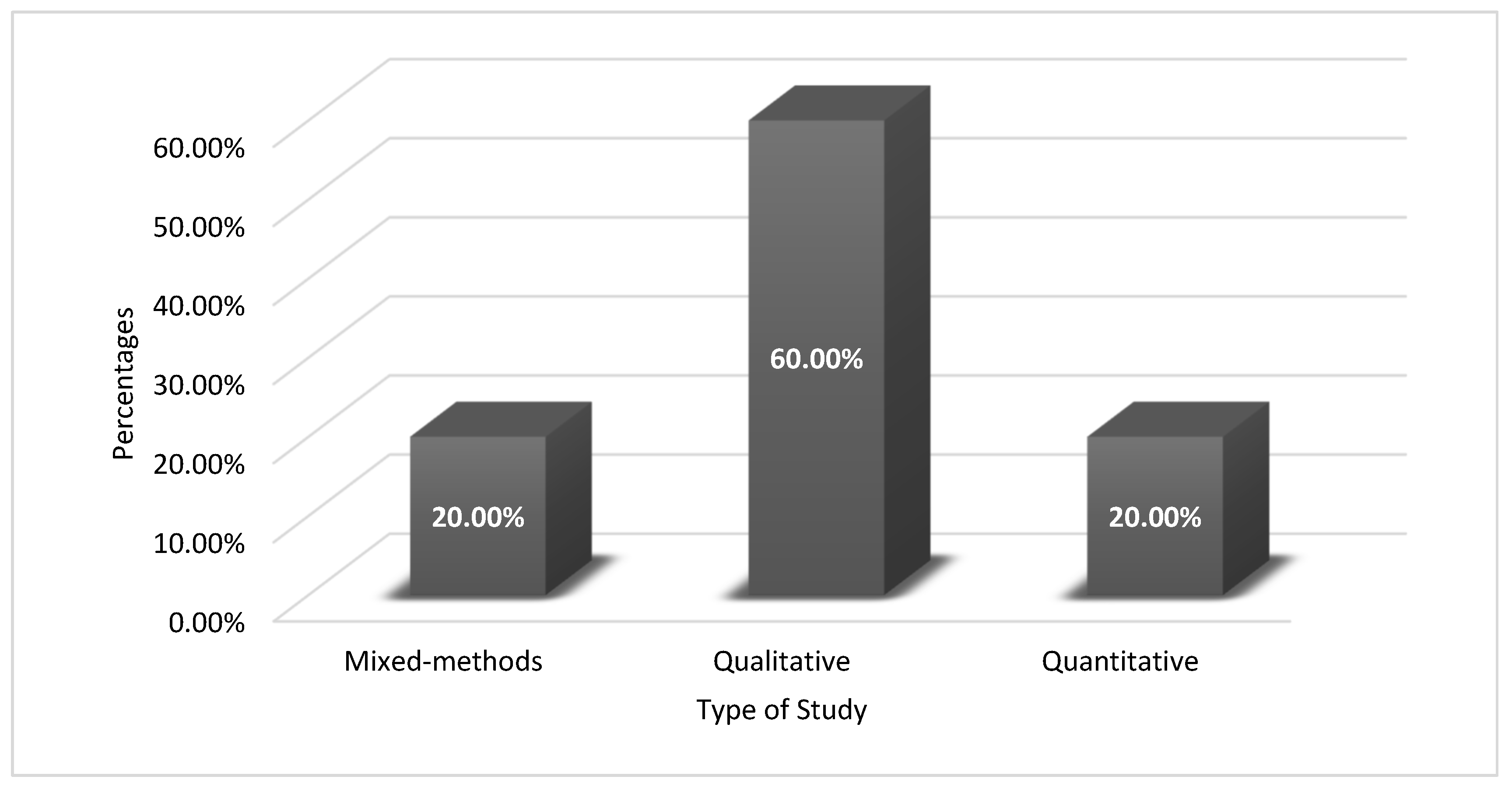
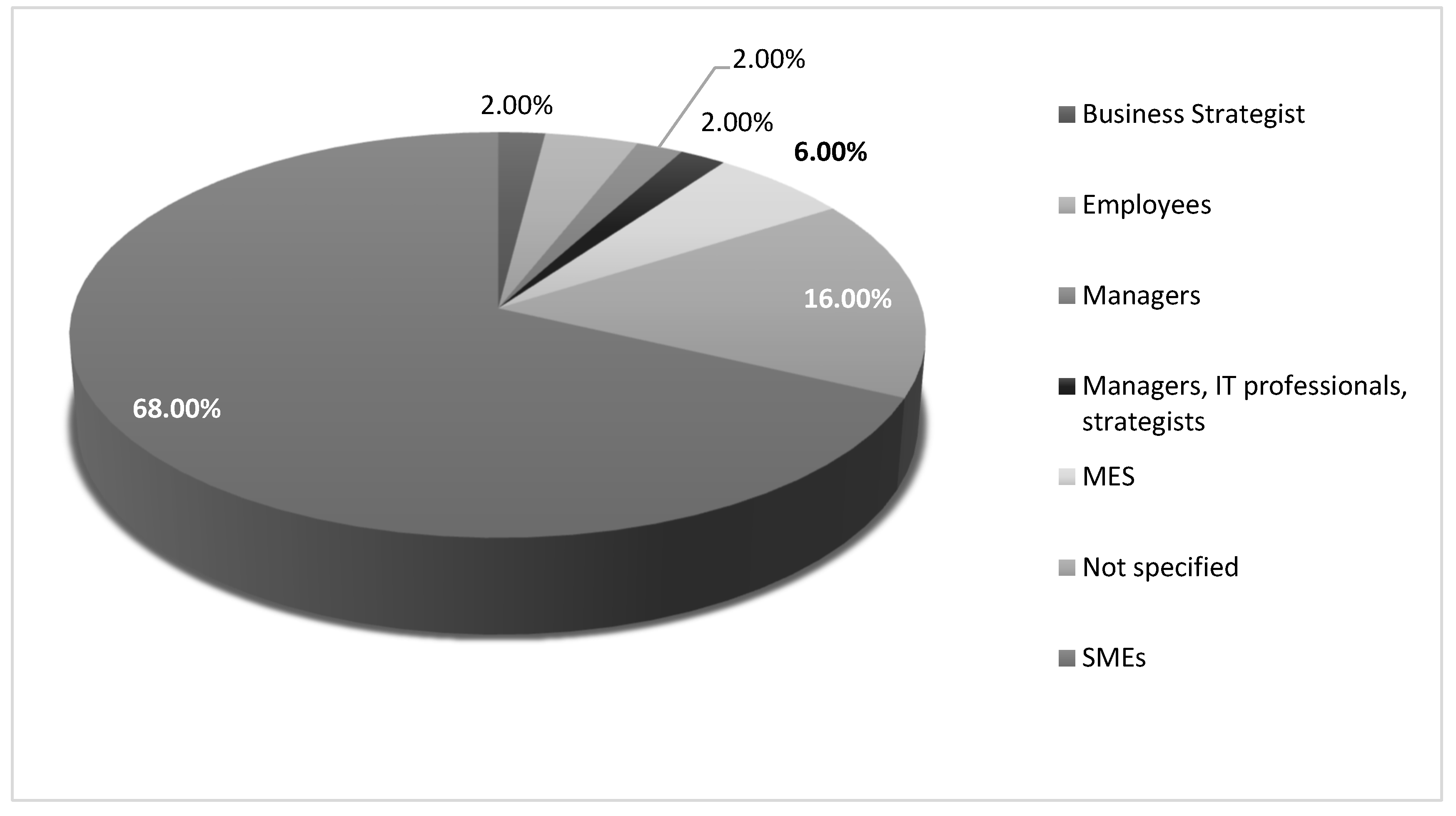
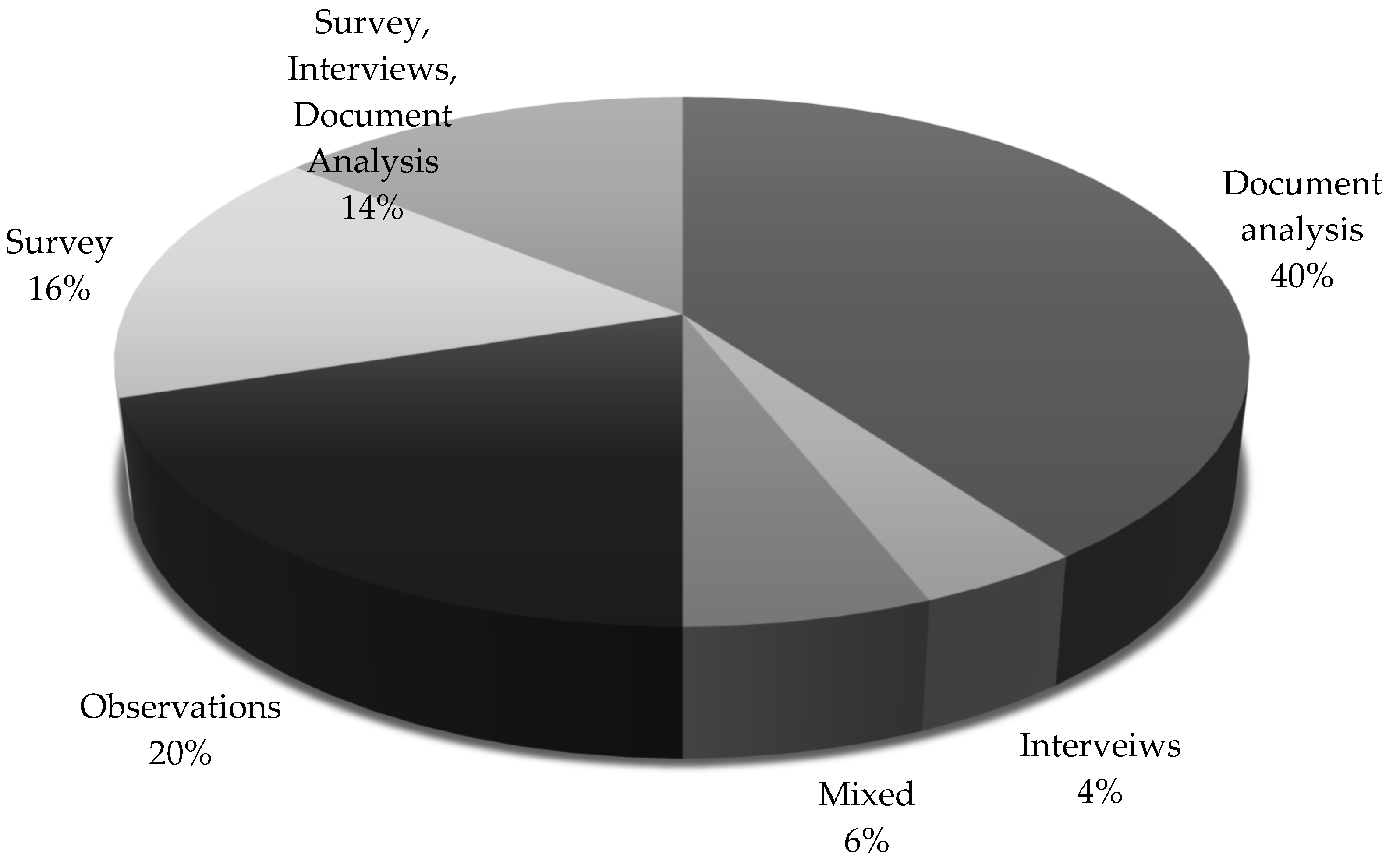
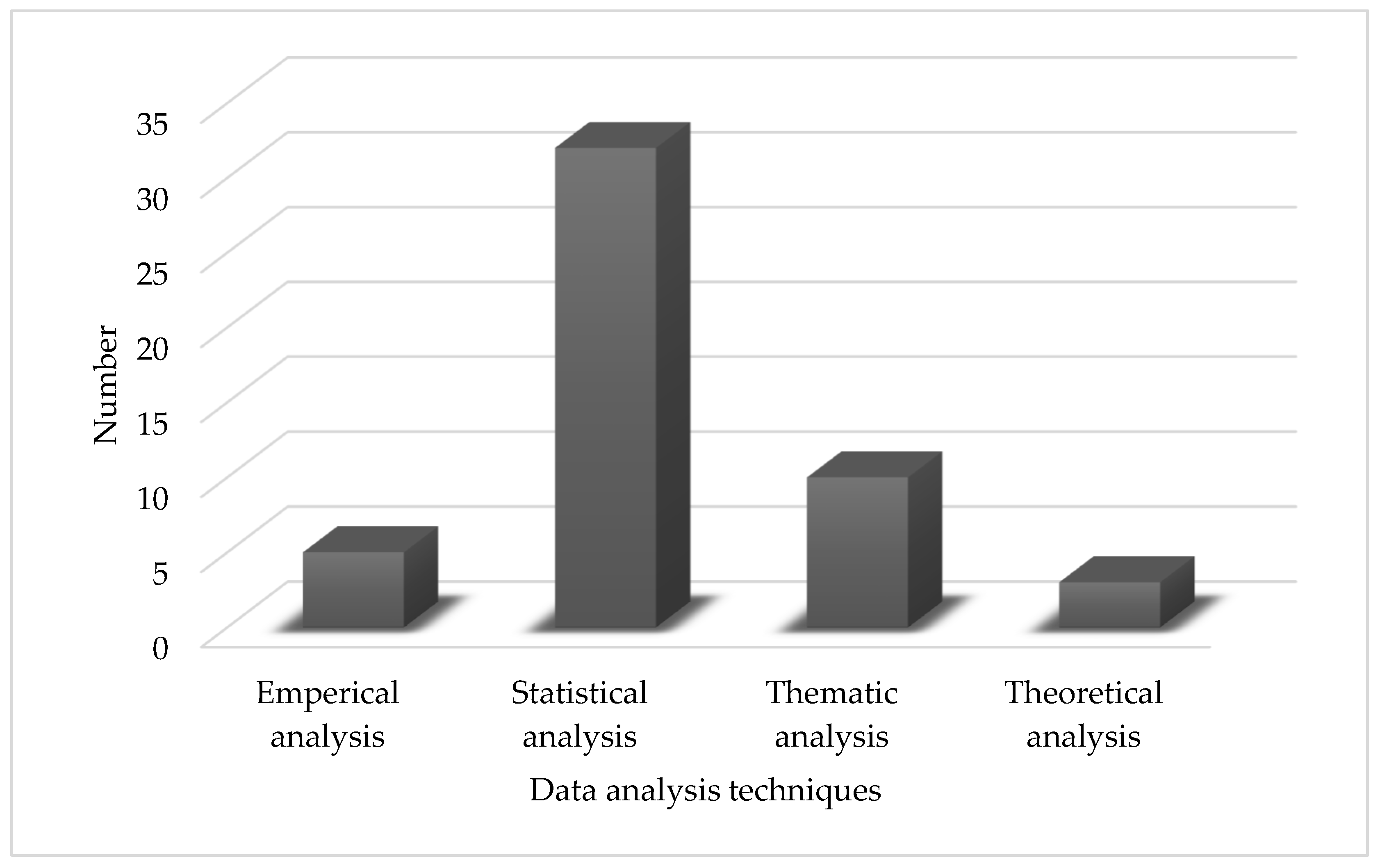
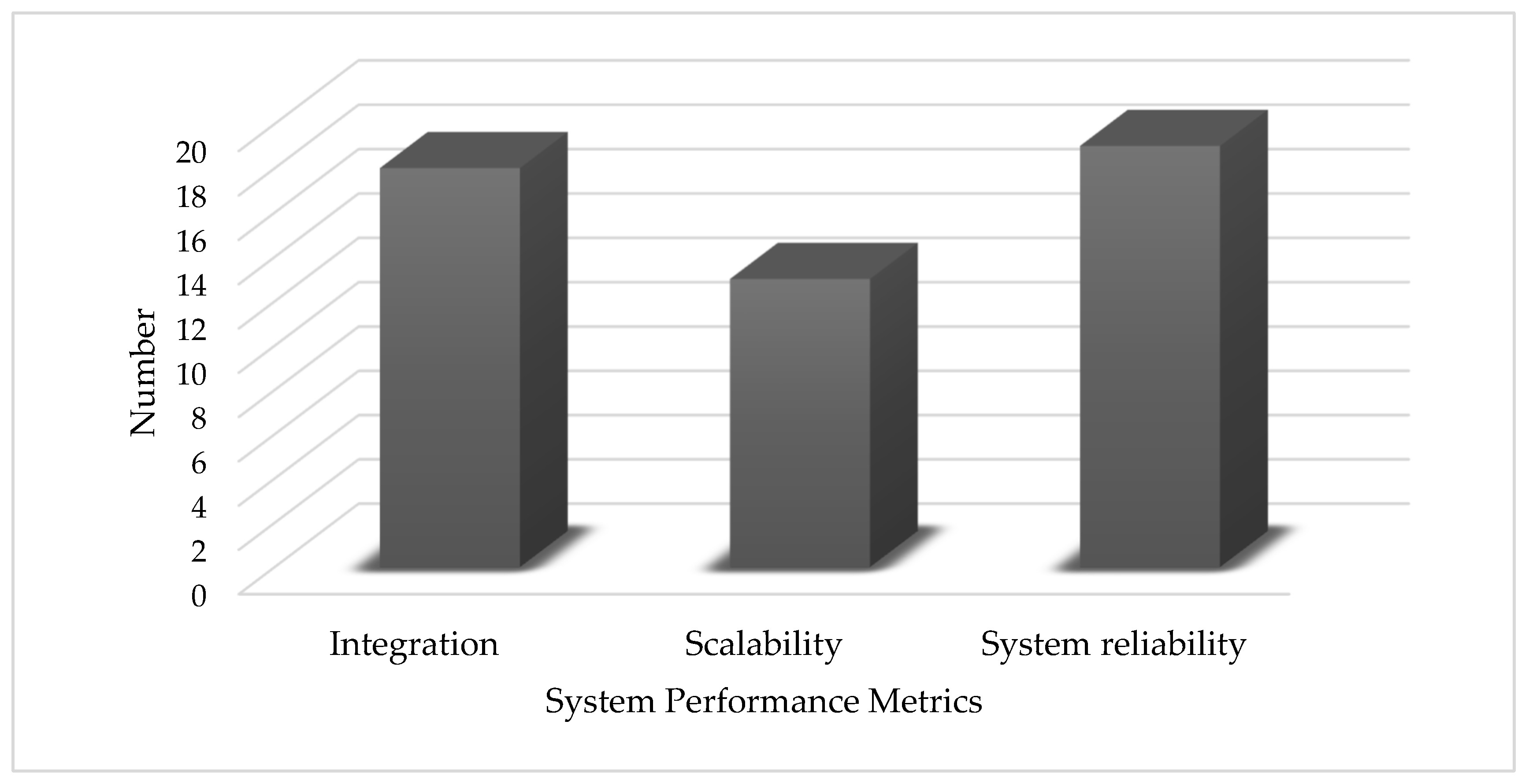
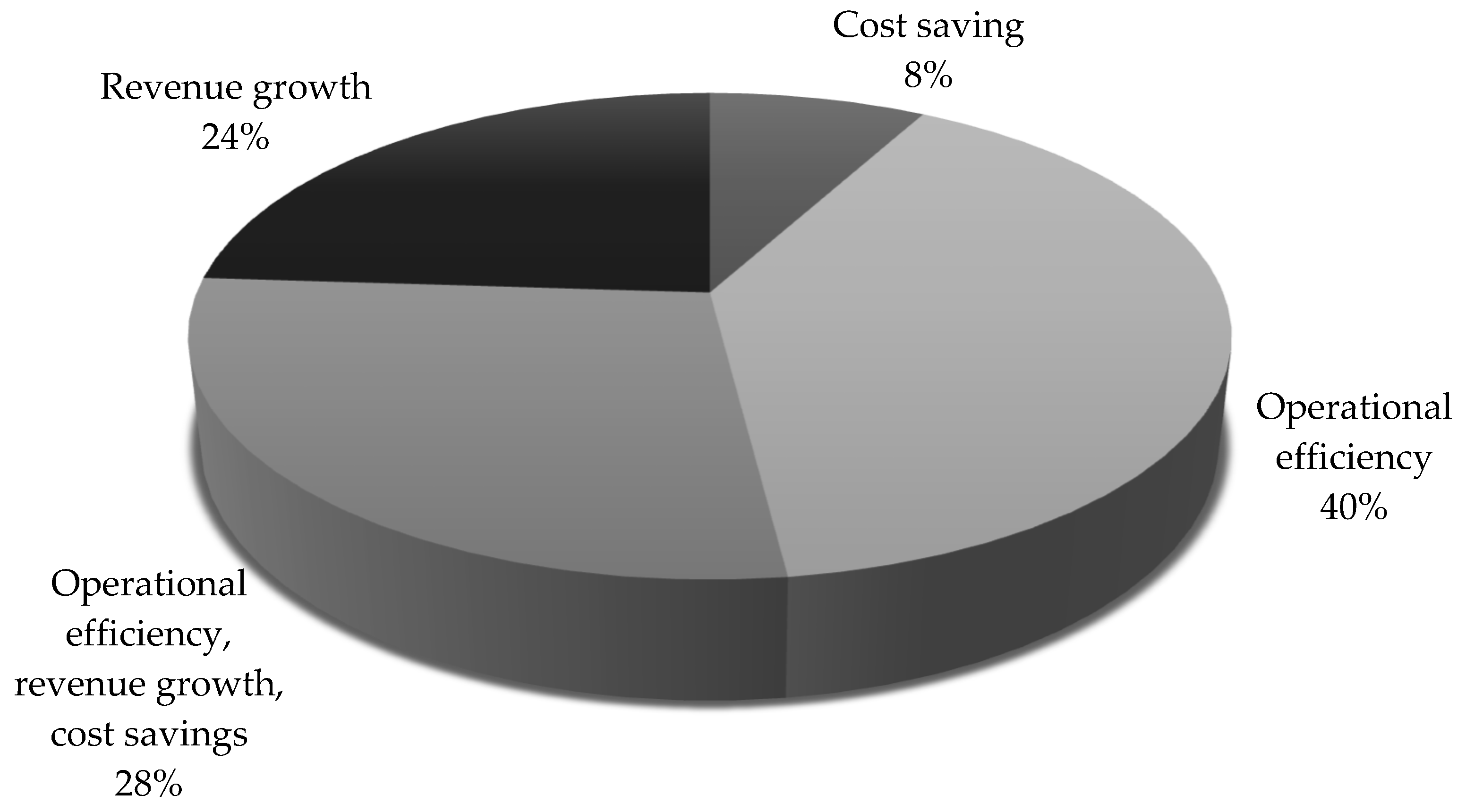
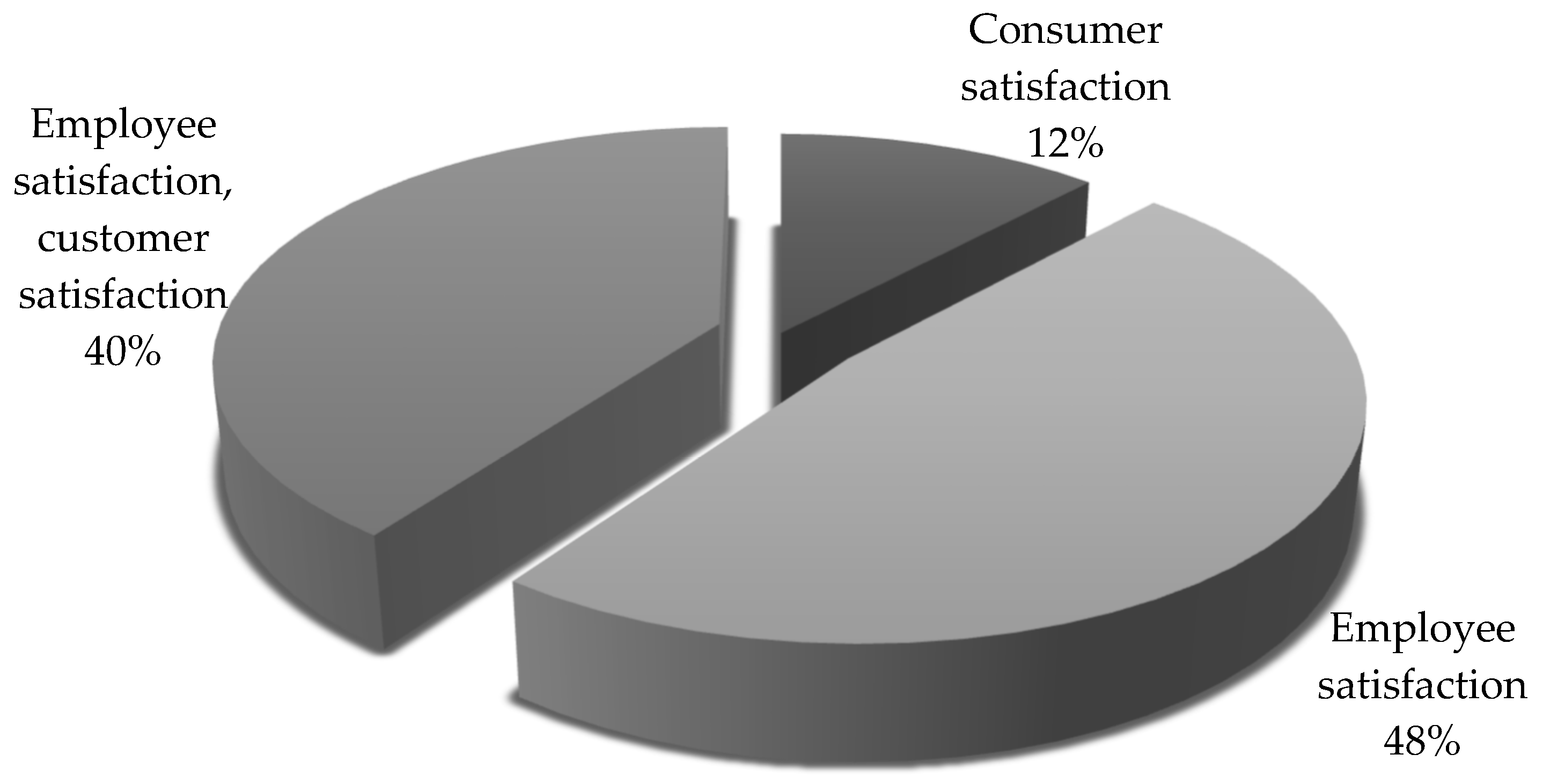
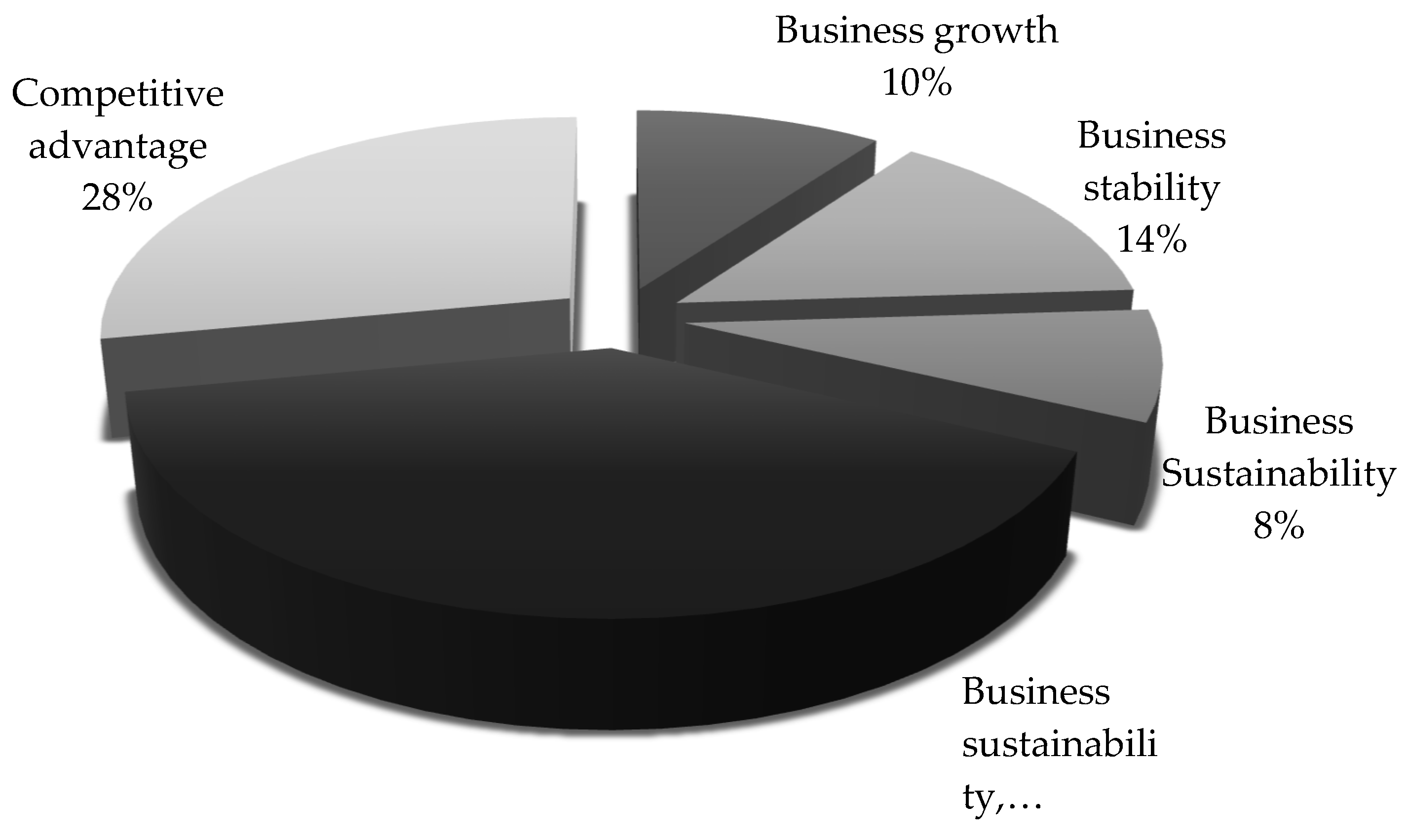
3.3. Risk of Bias in Studies
3.4. Results of Individual Studies
3.5. Results of Syntheses
3.6. Reporting Biases
3.7. Certainty of Evidence
4. Practical Recommendations
4.1. Key Findings and Strategic Implications for Business Leaders
4.2. Proposed Decision-Making Framework for Implementation
4.3. Proposed Best Practices for Successful Study Implementation
4.4. Metrics and KPIs for Measuring Performance
4.5. Real-world Case Studies Relate to Proposed Systematic Review
4.6. Proposed Roadmap for SMEs Businesses and Policy Recommendations
5. Discussion
6. Conclusion
Author Contributions
Funding
Acknowledgements
Conflicts of Interest
References
- Zhang, L. Management Equity Incentives and Corporate Tax Avoidance: Moderating Role of the Internal Control. J. Bus. Res. 2023, vol 135, pp.101–112. [CrossRef]
- Johnson, M.; Lee, P. Business Model Innovations Amidst Adverse Economic Conditions: The Role of CEO Values. Strat. Manag. J. 2024, vol. 43, pp.1234–1256. [CrossRef]
- Wang, R. Executive Hometown Identity and Green Innovation in Enterprises of Heavy Polluting Industries: A Dual Perspective Based on Conscious Motivation and Resource Access. J. Clean. Prod. 2023, vol. 250, pp. 300–312. [CrossRef]
- Davis, K. Management Accounting Systems: An Organizational Competitive Performance Perspective. Manag. Account. Res. 2020, vol. 30, pp.134–150. [CrossRef]
- Brown, J. Vectors of Development of Accounting and Analytical Support of Venture Management. Venture Cap. 2019, vol. 25, pp. 1–20. [CrossRef]
- Smith, T. Synthesizing Enterprise Data Through Digital Dashboards to Strategically Align Performance: Why Do Operational Managers Use Dashboards? Int. J. Inf. Manag. 2020, vol. 57, pp. 123–132. [CrossRef]
- Taylor, S. Managerial Accounting System Between Corporate Governance and Knowledge Management. J. Bus. Ethics 2024, vol. 170, pp. 459–477. [CrossRef]
- Clark, E. The Influence of Senior Executive Support Informatization on Radical Innovation Performance. Res. Policy 2019, vol. 51, pp. 1100–1112. [CrossRef]
- Martinez, A. The Impact of the Human Factor on the Functioning of the Quality Management System in Enterprise. Total Qual. Manag. Bus. Excell. 2022, vol. 34, pp. 583–596. [CrossRef]
- Chen, L. Green Innovation Dynamics in Chinese Manufacturing Enterprises: A New Institutional and Stakeholder Theory Inquiry. Bus. Strategy Environ. 2024, vol. 31, pp. 405–420. [CrossRef]
- Lewis, G. Effect of Marketing Strategy on Organizational Efficacy via Managerial Accounting. Int. J. Mark. Stud. 2023, vol. 14, pp. 45–60. [CrossRef]
- Patel, R. Does It Get Better Over Time? A Longitudinal Assessment of Enterprise System User Performance. Inf. Syst. Manag. 2020, vol. 39, pp. 76–89. [CrossRef]
- Nguyen, T. Does Managerial Myopia Exacerbate Firms’ Excessive Financialization? Evidence from Malaysia. J. Financ. Manag. 2024, vol. 29, pp.150–169. [CrossRef]
- Brown, L. Management Gender Diversity, Executives Compensation and Firm Performance. Corp. Gov. Int. Rev. 2022, vol. 31, pp. 223–239. [CrossRef]
- Wang, H. S-SMILE Model: A Leveraging Mechanism to Polarise Performance in Small and Medium Enterprises—An Empirical Study. J. Small Bus. Manag. 2021, vol. 60, pp. 700–720. [CrossRef]
- Roberts, J. Accounting and Analytical and Management Tasks for the Classification of Industrial Enterprises. J. Bus. Res. 2018, vol. 138, pp. 215–226. [CrossRef]
- Ochieng, P. Organisational Characteristics as Antecedents of Enterprise Security Risk Management Adoption in Kenya’s Accredited Universities. Int. J. Risk Assess. Manag. 2024, vol. 26, pp. 345–360. [CrossRef]
- Turner, P. An Interpretive Study on the Role of Top Managers in Enterprise Resource Planning (ERP) Business Value Creation. J. Bus. Res. 2019, vol.142, pp. 350–367. [CrossRef]
- Harris, S. A Framework for Addressing the Challenges of Business Process Change During Enterprise Systems Integration. Inf. Syst. J. 2020, vol. 32, pp. 567–590. [CrossRef]
- Zhao, Y. The Influence of Cultural Values on Enterprise System Adoption: Towards a Culture-Enterprise System Alignment Theory. J. Inf. Syst. 2022, vol. 37, pp. 25–44. [CrossRef]
- Patel, D. How Enterprise Information Systems Strategies-Enabled Strategy-Making Influences Organizational Agility: Mediated Role of IT-Enabled Dynamic Capabilities in Two BRICS Countries. J. Strateg. Inf. Syst. 2020, vol. 32, pp.105–120. [CrossRef]
- Williams, A. Maintenance and Support Model Within the ERP Systems Lifecycle: Action Research in an Implementer Company. J. Syst. Softw. 2021, vol.188, pp.110–125. [CrossRef]
- Smith, J. Studying Enterprise Systems’ Acceptance Using Integrated Unified Theory of Acceptance and Use of Technology (UTAUT). J. Inf. Technol. 2020, vol. 38, pp.134–148. [CrossRef]
- Nguyen, M. Learning from Workaround Practices: The Challenge of Enterprise System Implementations in Multinational Corporations. J. Enterp. Inf. Manag. 2021, vol. 36, pp. 456–474. [CrossRef]
- Kim, S. AI-Enabled Enterprise Information Systems for Manufacturing. Comput. Ind. 2021, vol.128, pp.103–118. [CrossRef]
- Davis, K. Assessing the Impact of Enterprise Resource Planning on Decision-Making Quality: An Empirical Study. J. Decis. Syst. 2020, vol. 32, pp. 21–39. [CrossRef]
- Clark, E. Fostering ICT Use by Older Workers: Lessons from Perceptions of Barriers to Enterprise System Adoption. J. Workplace Learn. 2021, vol. 34, pp. 200–215. [CrossRef]
- Turner, P. The Impact of Performance Measurement in Strategic Planning. Int. J. Product. Perform. Manag. 2017, vol. 72, pp. 619–635. [CrossRef]
- Johnson, H. Strategic Planning and SMEs Performance: A Developing Country’s Perspective. Small Bus. Econ. 2020, vol. 59, pp. 231–249. [CrossRef]
- Ojo, J. The Effect of Strategic Planning on SMEs Performance: A Case Study of Selected SMEs in Kumasi. Afr. J. Bus. Manag. 2021, vol.17, pp. 45–58. [CrossRef]
- Garcia, R. Decision Support Systems and Strategic Planning: Information Technology and SMEs’ Performance. J. Bus. Res. 2023, vol. 138, pp. 654–663. [CrossRef]
- Brown, L. The Impact of Strategic Planning Activities on Transylvanian SMEs: An Empirical Research. J. Small Bus. Manag. 2015, vol. 60, pp. 89–100. [CrossRef]
- Smith, J. The Effect of Strategic Planning on Competitive Advantages of Small and Medium Enterprises. Int. J. Entrepr. Behav. Res. 2022, vol. 28, pp.128–143. [CrossRef]
- Taylor, S. Effects of Formal Strategic Planning on Financial Performance in Small Firms: A Meta-Analysis. J. Manag. 2015, vol. 49, pp. 430–455. [CrossRef]
- Nguyen, M. Strategic Thinking, Strategic Planning, Strategic Innovation and the Performance of SMEs: The Mediating Role of Human Capital. J. Bus. Res. 2017, vol. 150, pp. 503–516. [CrossRef]
- Harris, S. Strategic Planning and Financial Performance in UK SMEs: Does Formality Matter? J. Small Bus. Enterp. Dev. 2023, vol. 29, pp. 839–858. [CrossRef]
- Lewis, G. Leaders, Loungers, Laggards: The Strategic-Planning-Environment-Performance Relationship Re-Visited in Manufacturing SMEs. Strategy. Change 2021, vol. 32, pp. 287–302. [CrossRef]
- Patel, D. Strategic Planning in Small and Medium Enterprises (SMEs): A Case Study of Botswana SMEs. Afr. J. Bus. Manag. 2023, vol.17, pp.100–110. [CrossRef]
- Zhang, Y. Formal Strategic Planning, Operating Environment, Size, Sector and Performance: Evidence from the UK’s Manufacturing SMEs. Eur. Manag. J. 2021, vol. 41, pp. 204–217. [CrossRef]
- Ochieng, P. Strategic Planning and Its Relationship with Business Performance among Small and Medium Enterprises in South Africa. S. Afr. J. Bus. Manag. 2019, vol. 54, pp. 99–112. [CrossRef]
- Roberts, J. Analysis of the Impact of Strategic Management on the Business Performance of SMEs in Nigeria. Int. J. Manag. Bus. Res. 2023, vol.12, pp. 201–213. [CrossRef]
- Chen, L. Strategic Planning in SMEs: A Case Study in Indonesia. Int. J. Entrepr. 2022, vol. 27, pp.110–125. [CrossRef]
- Garcia, R. Strategic Planning and Performance of Small Medium Enterprises: Evidence from Lagos State, Nigeria. Int. J. Bus. Glob. 2021, vol. 28, pp. 189–202. [CrossRef]
- Kim, S. Effects of Strategic Planning Dimensions on Performance of Small and Medium Scale Enterprises. J. Small Bus. Manag. 2021, vol. 61, pp.11–30. [CrossRef]
- Smith, T. The Impact of Leadership and Strategic Planning on Management Performance of SMEs in the Built Environment. Int. J. Constr. Manag. 2023, vol. 22, pp. 368–382. [CrossRef]
- Patel, D. Effect of Managerial Practices on the Implementation of Strategic Plans by SMEs in Nairobi, Kenya. J. Bus. Res. 2021, vol. 142, pp. 456–470. [CrossRef]
- Johnson, H. Information Systems Strategy in SMEs: Critical Factors of Strategic Planning in Logistics. J. Bus. Logist. 2023, vol. 44, pp.144–159. [CrossRef]
- Nguyen, T. Strategic Planning in SMEs: Challenges and Future Directions. Int. J. Entrepr. Innov. Manag. 2022, vol. 26, pp. 345–356. [CrossRef]
- Kim, J. Influence of Technology Adoption on Strategic Planning and Performance of SMEs. J. Technol. Manag. Innov. 2023, vol.18, pp. 53–65. [CrossRef]
- Williams, A. Understanding the Role of Digital Transformation in Strategic Planning Among SMEs. Int. J. Bus. Manag. 2023, vol.15, pp. 87–95. [CrossRef]
- Lee, S. The Role of Enterprise Systems in Innovation and Business Process Improvements for SMEs. Int. J. Prod. Econ. 2023, vol. 245, pp. 170–184. [CrossRef]
- Garcia, R. Integration of Enterprise Systems and Performance Management in Small Businesses: An Empirical Study. J. Bus. Res. 2021, vol. 146, pp. 291–302. [CrossRef]
- Zhang, Y. The Influence of Enterprise Resource Planning Systems on the Operational Efficiency of SMEs in China. Int. J. Enterp. Inf. Syst. 2022, vol.18, pp.112–126. [CrossRef]
- Williams, A. Digital Transformation and the Adoption of Enterprise Systems in SMEs. J. Bus. Ventur. 2022, vol. 37, pp. 34–52. [CrossRef]
- Patel, D. The Impact of Cloud-Based Enterprise Systems on SMEs’ Operational Efficiency: A Case Study of India. J. Cloud Comput. 2023, vol.12, pp. 203–217. [CrossRef]
- Smith, J. The Adoption of Enterprise Resource Planning Systems in Manufacturing SMEs: Benefits and Challenges. Int. J. Prod. Res. 2021, vol. 59, pp.1120–1135. [CrossRef]
- Lewis, G. Exploring the Role of Enterprise Systems in Supply Chain Management for SMEs. Supply Chain Manag. Int. J. 2023, vol. 28, pp. 312–324. [CrossRef]
- Kim, S. Critical Success Factors for Enterprise Systems Implementation in SMEs: A Case Study in South Korea. Int. J. Inf. Manag. 2020, vol. 50, pp.170–180. [CrossRef]
- Garcia, R. Enterprise Resource Planning and Business Process Change in SMEs: A Case Study from Portugal. J. Enterp. Inf. Manag. 2021, vol. 35, pp. 145–161. [CrossRef]
- Harris, S. SME Digitalisation: Role of Enterprise Systems and Performance Outcomes. Technol. Forecast. Soc. Change 2022, vol.178, pp. 121–135. [CrossRef]
- Turner, P. Implementing ERP in SMEs: A Focus on Change Management and Training. J. Syst. Softw. 2020, vol. 170, pp.110-737. [CrossRef]
- Zhao, Y. How Enterprise Systems Influence Competitive Advantage in SMEs: A Study in the Manufacturing Sector. J. Enterp. Inf. Manag. 2023, vol. 36, pp. 237–254. [CrossRef]
- Nguyen, M. Assessing the Impact of Enterprise Systems on SMEs’ Performance: A Multinational Study. Int. J. Inf. Manag. 2021, vol. 56, pp.102-170. [CrossRef]
- Clark, E. Adoption Barriers to Enterprise Resource Planning Systems in SMEs: A Global Perspective. J. Small Bus. Manag. 2022, vol. 60, pp. 220–234. [CrossRef]
- Roberts, J. The Effect of Enterprise Systems on Financial Performance in SMEs: An Empirical Investigation. J. Small Bus. Enterp. Dev. 2021, vol. 28, pp. 376–391. [CrossRef]
- Kim, J. SME Transformation through Enterprise Systems: The Role of Leadership and Strategic Alignment. J. Strateg. Inf. Syst. 2022, vol. 31, pp.101-639. [CrossRef]
- Johnson, H. Strategic Benefits of Enterprise Systems Adoption in Family-Owned SMEs: Evidence from Italy. J. Fam. Bus. Manag. 2023, vol.13, pp.143–157. [CrossRef]
- Brown, L. ERP Implementation in Small Manufacturing Firms: Success Factors and Challenges. Int. J. Oper. Prod. Manag. 2022, vol. 42, pp. 65–80. [CrossRef]
- Williams, A. Enterprise Systems in Small and Medium-Sized Construction Enterprises: Exploring the Role of Digitalisation. Construct. Manag. Econ. 2021, vol. 39, pp. 304–317. [CrossRef]
- Harris, S. The Role of Enterprise Resource Planning Systems in Improving Business Processes for SMEs. J. Bus. Process Manag. 2020, vol 26, pp. 601–614. [CrossRef]
- Nguyen, M. Post-Implementation Challenges of Enterprise Systems in SMEs: A Case Study from Vietnam. Inf. Syst. J. 2023, vol. 33, pp. 221–239. [CrossRef]
- Garcia, R. How Enterprise Systems Drive Innovation in SMEs: Evidence from Spain. J. Small Bus. Enterp. Dev. 2022, vol. 29, pp. 102–116. [CrossRef]
- Turner, P. Benefits of Enterprise Systems in Service-Oriented SMEs: A Case Study of the Tourism Industry. Tour. Manag. 2021, vol. 84, pp.104-238. [CrossRef]
- Lewis, G. Cloud ERP Systems: Facilitating Business Agility in SMEs. J. Inf. Technol. 2023, vol. 38, pp. 340–355. [CrossRef]
- Kim, S. Enterprise Resource Planning and Data-Driven Decision Making in Small and Medium Enterprises. J. Inf. Syst. 2022, vol. 36, pp.51–67. [CrossRef]
- Zhao, Y. Exploring the Role of Enterprise Systems in SME Growth: Insights from the Technology Sector. Technovation 2021, vol.109, pp. 102-138. [CrossRef]
- Roberts, J. ERP Systems as a Driver for Business Process Improvement in SMEs: Evidence from the UK. J. Enterp. Inf. Manag. 2020, vol. 33, pp. 754–769. [CrossRef]
- Brown, L. Investigating the Role of Enterprise Systems in Enhancing SME Supply Chain Efficiency. Supply Chain Manag. Int. J. 2023, vol. 28, pp. 287–299. [CrossRef]
- Williams, A. The Challenges of ERP Implementation in Small Non-Profit Organizations: A Case Study. J. Inf. Technol. Cases Appl. Res. 2022, vol. 24, pp. 44–57. [CrossRef]
- Johnson, H. Enterprise Systems in SMEs: Impact on Financial Decision-Making. Int. J. Account. Inf. Syst. 2021, vol. 43, pp. 101-122. [CrossRef]
- Smith, J. Understanding the Relationship Between Enterprise Systems and Innovation in SMEs: A Systematic Review. J. Innov. Knowl. 2023, vol. 8, pp.121–135. [CrossRef]
- Patel, D. Exploring the Role of ERP Systems in E-Commerce Integration for SMEs. Electron. Commer. Res. Appl. 2021, vol. 49, pp. 101-174. [CrossRef]
- Kim, J. Critical Success Factors for Cloud ERP Implementation in SMEs: A Comparative Study. Inf. Syst. Front. 2022, vol. 24, pp. 431–445. [CrossRef]
- Nguyen, M. The Influence of ERP Systems on Business Process Efficiency in Southeast Asian SMEs. J. Global Inf. Manag. 2021, vol. 29, pp. 78–95. [CrossRef]
- Lewis, G. Enterprise Systems and Operational Resilience in SMEs During COVID-19. J. Bus. Res. 2023, vol.149, pp. 241–256. [CrossRef]
- Clark, E. Exploring the Relationship Between Enterprise Systems and Organizational Learning in SMEs. J. Knowl. Manag. 2021, vol. 25, pp.1281–1295. [CrossRef]
- Roberts, J. Enterprise Resource Planning Adoption and Digital Transformation in SMEs: Insights from the Retail Industry. J. Bus. Ventur. 2022, vol. 37, pp.106-157. [CrossRef]
- Turner, P. Investigating the Adoption of Open-Source ERP Systems in SMEs. J. Inf. Technol. 2021, vol. 36, pp. 69–84. [CrossRef]
- Garcia, R. How ERP Systems Foster Sustainable Business Practices in SMEs: A Case Study. J. Clean. Prod. 2022, vol. 356, pp. 131-924. [CrossRef]
- Harris, S. ERP Systems and the Digital Transformation of SMEs: A Strategic Perspective. Bus. Process Manag. J. 2023, vol. 29, pp.1453–1467. [CrossRef]
- Williams, A. Exploring the Integration of ERP Systems with IoT in Small and Medium Enterprises. Int. J. Prod. Res. 2021, vol. 59, pp. 4000–4015. [CrossRef]
- Kim, S. ERP Adoption in SMEs: An Empirical Study on the Role of External Support and Organizational Readiness. J. Enterp. Inf. Manag. 2022, vol. 35, pp. 67–83. [CrossRef]
- Zhao, Y. The Strategic Role of ERP Systems in Internationalizing SMEs: Evidence from Asia. J. Int. Bus. Stud. 2021, vol. 52, pp.1012–1027. [CrossRef]
- Johnson, H. Exploring the Role of ERP Systems in SME Business Model Innovation. J. Bus. Res. 2022, vol.140, pp. 540–552. [CrossRef]
- Roberts, J. The Impact of ERP Systems on Customer Relationship Management in SMEs. Ind. Mark. Manag. 2023, vol. 111, pp.162–175. [CrossRef]
- Brown, L. Understanding the Relationship Between ERP Systems and Organizational Agility in SMEs. J. Bus. Ventur. 2021, vol. 36, 106-195. [CrossRef]
- Nguyen, M. ERP Systems in Developing Economies: Implementation Challenges in SMEs. Inf. Syst. J. 2023, vol. 33, pp.125–141. [CrossRef]
- Garcia, R. ERP Systems and Business Process Management in Small Firms: Evidence from Europe. J. Glob. Inf. Technol. Manag. 2022, vol. 25, pp. 132–145. [CrossRef]
- Patel, D. Cloud-Based ERP Adoption and Business Continuity Planning in SMEs: Insights from the COVID-19 Pandemic. J. Bus. Res. 2023, vol.153, pp. 276–289. [CrossRef]
- Williams, A. Exploring the Integration of ERP Systems with Artificial Intelligence in SMEs: A Future Outlook. Technol. Forecast. Soc. Change 2021, vol.171, pp.120-918. [CrossRef]
- Tsiu, S.; Ngobeni, M.; Mathabela, L.; Thango, B. Applications and Competitive Advantages of Data Mining and Business Intelligence in SMEs Performance: A Systematic Review. Preprints 2024, 2024090940. [CrossRef]
- Mkhize, A.; Mokhothu, K.; Tshikhotho, M.; Thango, B. Evaluating the Impact of Cloud Computing on SMEs Performance: A Systematic Review. Preprints 2024, 2024090882. [CrossRef]
- Kgakatsi, M.; Galeboe, O.; Molelekwa, K.; Thango, B. The Impact of Big Data on SME Performance: A Systematic Review. Preprints 2024, 2024090985. [CrossRef]
- Molete, O. B.; Mokhele, S. E.; Ntombela, S. D.; Thango, B. A. The Impact of IT Strategic Planning Process on SME Performance: A Systematic Review. Preprints 2024, 2024091024. [CrossRef]
- Mothapo, M.; Thango, B.; Matshaka, L. Tracking and Measuring Social Media Activity: Key Metrics for SME Strategic Success—A Systematic Review. Preprints 2024, 2024091757. [CrossRef]
- Ngcobo, K.; Bhengu, S.; Mudau, A.; Thango, B.; Matshaka, L. Enterprise Data Management: Types, Sources, and Real-Time Applications to Enhance Business Performance—A Systematic Review. Preprints 2024, 2024091913. [CrossRef]
- Mohlala, T. T.; Mehlwana, L. L.; Nekhavhambe, U. P.; Thango, B.; Matshaka, L. Strategic Innovation in HRIS and AI for Enhancing Workforce Productivity in SMEs: A Systematic Review. Preprints 2024, 2024091996. [CrossRef]
- Chabalala, K.; Boyana, S.; Kolisi, L.; Thango, B. A.; Matshaka, L. Digital Technologies and Channels for Competitive Advantage in SMEs: A Systematic Review. Preprints 2024, 2024100020. [CrossRef]
- Ndzabukelwako, Z.; Mereko, O.; Sambo, T. V.; Thango, B. The Impact of Porter’s Five Forces Model on SMEs Performance: A Systematic Review. Preprints 2024, 2024100119. [CrossRef]
- Maswanganyi, N. G.; Fumani, N. M.; Khoza, J. K.; Thango, B. A.; Matshaka, L. Evaluating the Impact of Database and Data Warehouse Technologies on Organizational Performance: A Systematic Review. Preprints 2024, 2024100059. [CrossRef]
- Gumede, T. T.; Chiworeka, J. M.; Magoda, A. S.; Thango, B. Building Effective Social Media Strategies for Business: A Systematic Review. Preprints 2024, 2024100379. [CrossRef]
- Myataza, A.; Mafunga, M.; Mkhulisi, N. S.; Thango, B. A. A Systematic Review of ERP, CRM, and HRM Systems for SMEs: Managerial and Employee Support. Preprints 2024, 2024100384. [CrossRef]
- Mudau, M. C.; Moshapo, L. W.; Monyela, T. M.; Thango, B. A. The Role of Manufacturing Operations in SMEs Performance: A Systematic Review. Preprints 2024, 2024100539. [CrossRef]
- Khanyi, M.; Xaba, S.; Mlotshwa, N.; Thango, B.; Matshaka, L. The Role of Data Networks and APIs in Enhancing Operational Efficiency in SME: A Systematic Review. Preprints 2024, 2024100848. [CrossRef]
- Skosana, S.; Mlambo, S.; Madiope, T.; Thango, B. Evaluating Wireless Network Technologies (3G, 4G, 5G) and Their Infrastructure: A Systematic Review. Preprints 2024, 2024101331. [CrossRef]
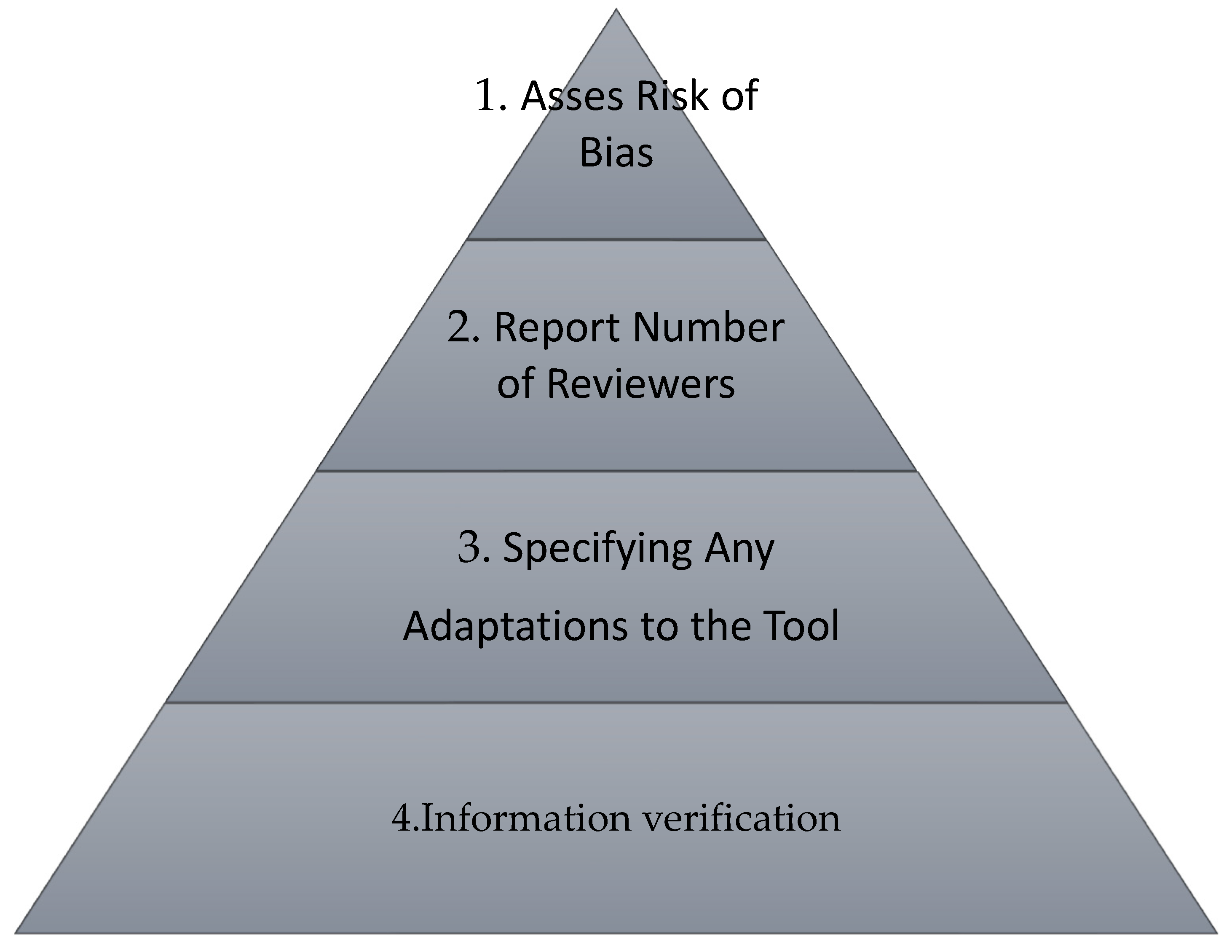
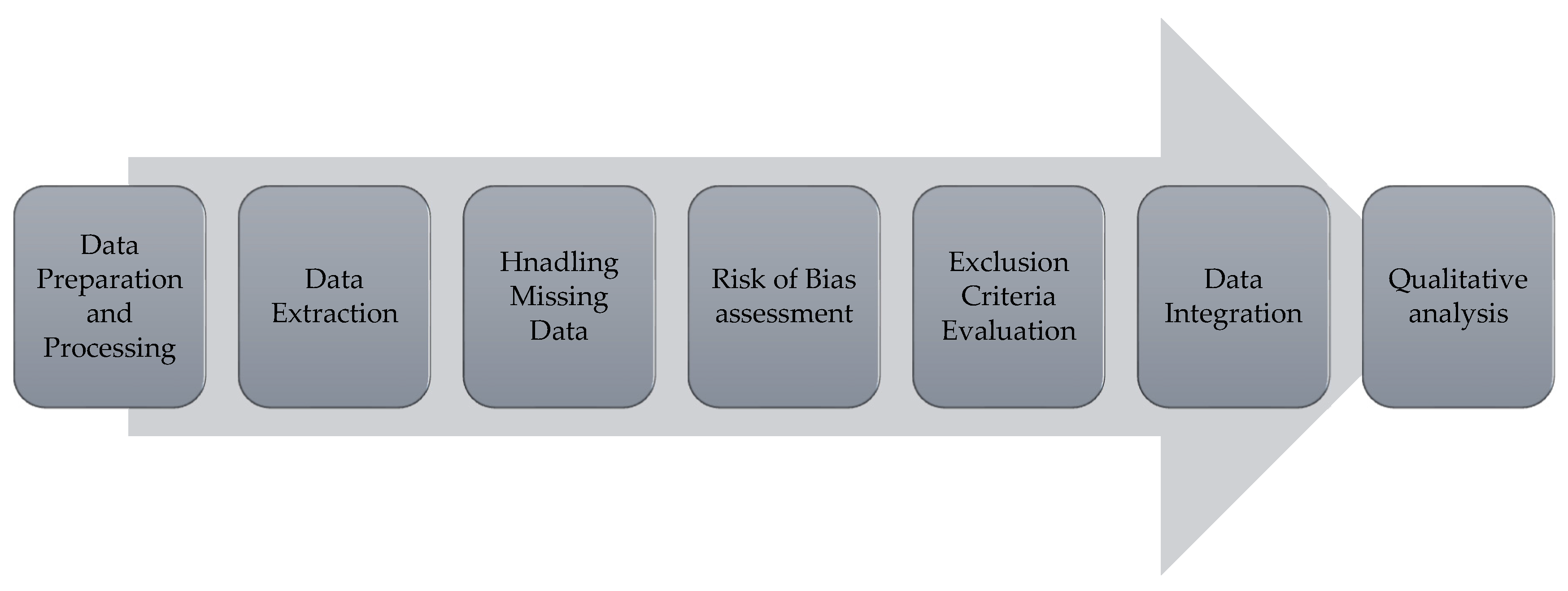
| Ref | Cites | Year | Contribution | Pros | Cons | Proposed Systematic Review |
| [5] | 0 | 2019 | Provides a framework for developing accounting systems in venture management. | Innovative insights for venture management | Difficult to apply in traditional sectors | The proposed review extends beyond accounting systems, encompassing a broader analysis of enterprise systems (ERP, CRM, SCM) to include all management levels and business processes. |
| [8] | 6 | 2019 | Explores how executive support for informatization influences radical innovation. | High relevance for innovation-driven sectors | Focuses mainly on senior executives, excluding mid-level managers | The proposed review investigates ES success across executive, managerial, and operational levels, addressing the gap in middle management and operational support. |
| [4] | 18 | 2020 | Connects management accounting systems to competitive performance. | Strong practical implications for firms | Limited sample size | The proposed review uses a broader, more comprehensive dataset, encompassing multiple industries and firm sizes, providing more generalizable insights. |
| [13] | 0 | 2020 | Investigates the effect of managerial myopia on financialization in Malaysia. | Focuses on under-researched issues in developing economies | Limited to Malaysian firms | The proposed review includes analysis across diverse geographic and economic contexts, focusing on both developed and developing regions. |
| [17] | 1 | 2021 | Proposes classification methods for industrial enterprise management. | Introduces novel analytical tools | Focused on industrial enterprises only | The proposed review broadens the scope to include multiple industries (manufacturing, SMEs, etc.), ensuring wider applicability. |
| [9] | 2 | 2022 | Studies the role of human factors in the effectiveness of quality management systems. | Highlights the human dimension of quality management | Lacks focus on technological components | The proposed review integrates technological aspects of ES, such as ERP, CRM, and SCM systems, examining both human and technological factors. |
| [10] | 0 | 2022 | Uses stakeholder theory to explain green innovation in Chinese manufacturing. | Strong theoretical grounding | Limited applicability to other contexts | The proposed review covers a variety of industries and organizational contexts, addressing success factors and failure reasons in broader, non-geographically constrained contexts. |
| [15] | 1 | 2022 | Provides a dual perspective on how executive identity affects green innovation. | Connects sustainability and managerial identity | Limited to heavily polluting industries | The proposed review investigates how ES can be successfully implemented in a wide range of industries, with a specific focus on managerial roles and decision-making processes across all levels. |
| [16] | 0 | 2023 | Proposes the S-SMILE model for improving SME performance. | Provides actionable strategies for SMEs | Requires more empirical validation | The proposed review strengthens empirical evidence by examining case studies and conducting comprehensive reviews of ES adoption in SMEs and other business types. |
| [3] | 1 | 2023 | Examines how executives’ hometown identity influences green innovation in polluting industries. | Relevant to sustainability research | Limited to specific industries | The proposed review looks beyond green innovation to explore how ES supports sustainability, efficiency, and decision-making across a range of industries and business models. |
| [12] | 4 | 2023 | Offers insights into the long-term impact of enterprise system adoption on user performance. | Longitudinal data strengthens findings | Limited sample size | The proposed review examines long-term impacts and addresses scalability and adaptability issues across varied business sizes and contexts, ensuring broader applicability. |
| [1] | 2 | 2023 | Shows how internal controls can moderate the relationship between management incentives and tax avoidance. | Highlights key governance mechanisms; empirically tested | Limited to certain industries; tax avoidance is sensitive data | The proposed review expands the discussion to governance mechanisms in ES implementation, focusing on performance metrics and how they drive success or failure. |
| [2] | 0 | 2024 | Highlights how CEO values drive business model innovation during economic downturns. | Provides new insights on leadership and innovation | Limited generalizability outside of economic crises | The proposed review examines leadership’s role in ES implementation across stable and crisis periods, providing broader implications for leadership and innovation. |
| [7] | 0 | 2024 | Investigates the relationship between managerial accounting, corporate governance, and knowledge management. | Provides a comprehensive view of corporate systems | Lacks empirical testing in different regions | The proposed review provides cross-regional analysis, expanding the geographic and industrial focus to enhance generalizability. |
| [11] | 0 | 2024 | Examines how marketing strategies impact organizational efficacy through managerial accounting. | Provides a new lens on strategic marketing | Lacks practical recommendations | The proposed review offers actionable recommendations for ES adoption across all business levels, with a focus on practical implementation strategies. |
| [14] | 24 | 2024 | Examines the impact of gender diversity on compensation and firm performance. | Promotes gender diversity in corporate management | Some factors may not be generalizable across regions | The proposed review does not focus on gender diversity but on a comprehensive review of the success factors and reasons for failure in ES implementation across regions. |
| Criteria | Inclusion | Exclusion |
| Topic | Articles focusing on Enterprise Systems for Executive, Managerial, and Operational Support: Success Factors and Reasons for Failure. | Article not focusing on Enterprise System for executive, Managerial, and Operational Support: Success Factors and Reasons for Failure. |
| Research Framework | The work must include a research framework where an Enterprise System for executive, Managerial, and Operational Support is employed in actual businesses. | Articles lacking a research framework on the impact of Enterprise Systems for executive, Managerial, and Operational Support |
| Language | Papers written in English | Articles published in a language other than English |
| Period | Publication between 2014 and 2024 | Articles published outside of 2014 and 2024 |
| No. | Online Repository | Number of Results |
| 1 | Google Scholar | 30000 |
| 2 | Web of Science | 13000 |
| 3 | Scopus | 2300 |
| Total | 45300 |
| Study ID. | Selection (0-4 stars) | Comparability (0-2 stars) | Outcome (0-3 stars) | Total Stars | Quality Rating |
| [Ref X1] | X | X | X | X | X |
| [Ref X2] | X | X | X | X | X |
| [Ref X3] | X | X | X | X | X |
| Method | Description |
| Data Extraction | Collecting key details from each study, including study design, sample size, and main findings, in a data extraction sheet. |
| Data Organization | Arranging the extracted data in a systematic format (e.g., Excel spreadsheet) to facilitate the identification of themes, trends, and patterns. |
| Data Amalgamation | Synthesizing data from various studies to find common themes, gaps in research, and critical insights. |
| Visual Presentation | Presenting findings using tables, charts, thematic maps, and descriptive formats to highlight key results and trends. |
| Critical Evaluation | Assessing the quality and relevance of the data in relation to the research questions and overall objectives. |
| Addressing Missing Data | Applying gap-filling techniques (e.g., predictive modeling) to estimate missing values or supplement incomplete data. |
| Ref. | Selection Bias | Comparability | Outcome Bias | Total Stars | Quality Rating |
| [1,5,6,8,11,13,19,20,23,28] | ★☆☆☆ | ☆☆ | ★☆☆ | 3/9 | High |
| [2,3,16,17,21,22,24,25] [22,24,25,26,27,29,34,37,38] |
★★☆☆ | ☆☆ | ★☆☆ | 4/9 | High |
| [4,7,9,10,14,15,18,30,31,32,33,35,36,39,40,41,42,43,44,45,46,47,48,49,50] | ★★☆☆ | ☆☆ | ★★☆ | 5/9 | Moderate-High |
| Ref. | Outcome category | Key findings |
| [1,2,15,31,32,33,35,37,39,40,41,45,46,47,50] | Strategic Planning and Business Performance. | Formal strategic planning improves financial performance, growth, competitiveness, and risk management. |
| [6,10,12,20,24,26,27,28,29,36,50] | Technology, Information Systems, and Innovation. | Strong leadership and effective management practices enhance strategic plan implementation. |
| [4,9,13,16,22,23,30,38] | Human Capital and Organizational Agility. | Human capital is key to driving innovation, strategic execution, and organizational agility. |
| [11,14,16,21,34,42,44] | Environmental Factors and Cultural Influence. | External factors such as cultural values and environmental conditions affect strategic planning and innovation. |
| [1,14,15] | Gender Diversity, Compensation, and Corporate Performance. | Gender diversity and executive incentives impact firm performance. |
| [4,9,13,16,22,23,30,38] | Technology, Information Systems, and Innovation. | Enterprise systems, ERP, and IT improve decision-making, operational efficiency, and innovation. |
| Industry | Key Finding | Strategic Implications for Business Leaders | Opportunities | Challenges | Relevance to Proposed Systematic Review | Strategic Drivers | Expected Outcome |
| Manufacturing | ES enhances production process optimization and reduces operational inefficiencies. | Business leaders can streamline workflows, reduce downtime, and increase production quality. | Increased automation, real-time data tracking, and predictive maintenance. | Resistance to change, high initial costs, and system complexity. | Direct relevance to ES’s role in improving operational efficiency. | Automation, Predictive Analytics, Lean Production | Improved operational efficiency, reduced production costs. |
| Automotive | ES integration supports supply chain visibility and inventory management. | Leaders can improve supply chain coordination, minimize delays, and optimize inventory levels. | Enhanced supplier collaboration, real-time supply chain monitoring. | Supply chain disruption, data integration issues. | Highlights the need for seamless supply chain integration with ES. | Supply Chain Visibility, Real-Time Analytics | Reduced supply chain risks, better inventory management. |
| Textiles | ES enables enhanced resource planning and cost management in textile production. | Business leaders can optimize resource allocation and achieve cost savings. | Improved resource efficiency, cost forecasting, and scalability. | Implementation costs, user training, data accuracy issues. | Demonstrates the impact of ES on resource planning and cost efficiency. | Resource Allocation, Cost Forecasting | Lower production costs, better resource utilization. |
| Electronics | ES enhances product lifecycle management and innovation cycles. | Leaders can accelerate product development cycles and improve time-to-market. | Faster innovation, improved product quality, and customer satisfaction. | Innovation management, data privacy concerns. | Relevant to how ES supports faster innovation and product lifecycle management. | Innovation Management, Product Quality | Shortened product development cycles, enhanced customer satisfaction. |
| Food & Beverage | ES improves regulatory compliance and quality assurance in food safety. | Business leaders can ensure compliance with industry standards and enhance product quality. | Improved traceability, compliance with safety regulations. | Compliance complexity, integration with legacy systems. | Critical relevance for industries with stringent regulatory requirements. | Quality Assurance, Compliance Management | Enhanced product safety, reduced compliance risks. |
| Pharmaceuticals | ES supports advanced R&D and accelerates clinical trial processes. | Leaders can streamline research processes and improve collaboration in drug development. | Faster clinical trials, improved collaboration, and data management. | Regulatory hurdles, data security concerns. | Demonstrates the role of ES in accelerating R&D and innovation. | Research Collaboration, Data Management | Accelerated drug development, improved collaboration. |
| Industry | Step | Framework Focus | Key Features | Strategic Drivers | Expected Outcome | Ties to Proposed Study |
| Manufacturing | Step 1: Needs Analysis | Identify operational inefficiencies | Assessment of workflows and communication gaps | Improved operational efficiency | Streamlined operations, improved collaboration | Supports success factors in ES implementations |
| Step 2: Select Platform | Choose ESP for real-time data sharing | Integration with manufacturing systems | Data-driven decision-making | Enhanced process management | Relevant to coordination improvements | |
| Step 3: Pilot Testing | Test on production lines | Trial communication and workflow tools | Reduced risk, operational control | Better decision-making models | Aligns with failure mitigation analysis | |
| Step 4: Full Integration | Implement across all operations | Full cross-department integration | Efficiency gains | Increased productivity | Supports strategic growth in ES implementation | |
| Step 5: Optimization | Optimize via analytics | Continuous monitoring and improvement | Continuous improvement, higher output | Ensures long-term alignment with objectives | ||
| Automotive | Step 1: Needs Analysis | Identify design and production gaps | Analyze communication in design and logistics | Improved collaboration, process efficiency | Faster product development, collaboration | Relevant to process efficiency insights |
| Step 2: Select Platform | Select platform for cross-functional teams | Integration of design and logistics | Innovation, team alignment | Enhanced product innovation | Aligns with real-time decision-making focus | |
| Step 3: Pilot Testing | Pilot ESP in design and procurement teams | Limited rollout to test efficiency | Risk management, stakeholder engagement | Reduced delays, improved communication | Supports decision-making enhancements | |
| Step 4: Full Integration | Implement across production, design, and logistics | Full-scale ESP deployment | Cross-functional collaboration | Improved timelines, product development | Aligns with overall strategic integration | |
| Step 5: Optimization | Optimize system via performance data | Analytics-driven optimization | Continuous improvement, supply chain visibility | Faster product cycles, improved efficiency | Supports long-term sustainability metrics | |
| Textiles | Step 1: Needs Analysis | Identify gaps in supply chain and production | Assessment of textile production workflows | Efficiency in production, transparency | Improved resource management | Aligns with efficiency optimization strategies |
| Step 2: Select Platform | Choose platform to streamline production and inventory | Inventory control, supply chain management | Flexibility, improved inventory control | Reduced waste, improved cost control | Relevant to real-time decision-making processes | |
| Step 3: Pilot Testing | Pilot ESP in selected production units | Test workflow improvements in limited setting | Risk management, cost reduction | Reduced material waste, faster production | Aligns with resource optimization strategies | |
| Step 4: Full Integration | Implement system across production and logistics | Full platform rollout in all operations | Transparency, supply chain coordination | Improved collaboration, better efficiency | Tied to overall resource management findings | |
| Step 5: Optimization | Use analytics to improve production efficiency | Real-time data for continuous improvement | Resource management, quality control | Optimized production cycles, less material waste | Ensures long-term sustainability for processes | |
| Electronics | Step 1: Needs Analysis | Identify gaps in product development and supply chain | Assess communication gaps in R&D and logistics | Innovation, improved collaboration | Faster product cycles, collaboration across departments | Relevant to innovation strategies for ESPs |
| Step 2: Select Platform | Select platform for R&D and supply chain | Focus on integration with real-time communication tools | Innovation and production alignment | Shortened product lifecycles | Aligns with ESP implementation success | |
| Step 3: Pilot Testing | Test in R&D and logistics teams | Limited rollout of ESP tools | Risk reduction, process efficiency | Improved product design, enhanced communication | Supports reduced operational risk management | |
| Step 4: Full Integration | Full implementation across R&D, production, and logistics | System-wide ESP rollout | Efficiency, stakeholder engagement | Faster production, better collaboration | Tied to strategic goal alignment for long-term benefits | |
| Step 5: Optimization | Use analytics to track performance | Continuous data-driven optimization | Continuous improvement, real-time updates | Enhanced efficiency, reduced bottlenecks | Ensures post-integration monitoring for ESP success | |
| Food & Beverage | Step 1: Needs Analysis | Identify gaps in production and distribution | Real-time order management and logistics analysis | Efficiency in production and delivery | Less spoilage, faster delivery | Tied to real-time decision-making for ESPs |
| Step 2: Select Platform | Select platform for managing orders and inventory | Integrated systems for inventory control | Improved transparency, reduced waste | Reduced spoilage, increased customer satisfaction | Supports operational efficiency for long-term growth | |
| Step 3: Pilot Testing | Pilot in distribution and production hubs | Limited testing for compliance and transparency | Compliance risk management | Improved delivery timelines, regulatory compliance | Aligns with real-time monitoring and delivery solutions | |
| Step 4: Full Integration | Full system rollout across production and logistics | Full ESP deployment | Customer satisfaction, transparency | Reduced spoilage, increased operational control | Aligns with productivity and customer satisfaction | |
| Step 5: Optimization | Use analytics to improve distribution and inventory | Traceability and data-driven monitoring | Improved customer satisfaction, reduced wastage | Optimal resource management, streamlined processes | Ensures long-term alignment with performance metrics | |
| Pharmaceuticals | Step 1: Needs Analysis | Identify gaps in R&D and regulatory processes | Address regulatory challenges and collaboration in R&D | Faster innovation cycles, compliance adherence | Faster market entry, streamlined R&D cycles | Regulatory and compliance-driven strategy for ESPs |
| Step 2: Select Platform | Choose platform for R&D and clinical trials | Integration with secure, compliant data-sharing tools | Compliance, innovation | Shortened R&D cycles, improved compliance | Aligns with innovation and compliance strategies | |
| Step 3: Pilot Testing | Pilot ESP in clinical and R&D environments | Limited testing for security and compliance | Risk reduction, faster approval cycles | Faster trials, reduced compliance risks | Aligns with risk mitigation strategies | |
| Step 4: Full Integration | Implement system across clinical trials, R&D, and production | System-wide ESP integration | Regulatory adherence, process efficiency | Improved collaboration, faster product development | Tied to operational efficiency and compliance strategies | |
| Step 5: Optimization | Optimize via data analytics and monitoring | Continuous data-driven monitoring | Regulatory compliance, R&D efficiency | Improved outcomes, faster R&D productivity | Ensures long-term optimization of compliance and R&D |
| Industry | Best Practice | SME Type | Operational Challenge | Strategic Drivers | Expected Impact | Ties to Systematic Review Findings |
| Manufacturing | Improve real-time data sharing across departments | Production SMEs | Siloed communication and delayed workflows | Real-time data visibility | Enhanced workflow coordination, efficiency | Aligns with real-time decision-making enhancement in ESPs |
| Adopt integrated platforms for inventory management | Distribution SMEs | Inventory mismanagement and stock shortages | Supply chain transparency | Reduced stock-outs, better inventory control | Supports operational efficiency and transparency | |
| Provide cross-departmental training for platform use | All SMEs | Resistance to platform adoption by employees | Change management | Improved employee engagement | Aligns with findings on employee training and readiness | |
| Automotive | Facilitate cross-functional collaboration in design teams | Design SMEs | Poor communication between R&D and production | Innovation-driven collaboration | Faster product development, team cohesion | Relevant to improving cross-department collaboration and innovation |
| Integrate ESPs for logistics and supply chain management | Logistics SMEs | Delayed production cycles due to miscommunication | Logistics synchronization | Improved production timelines, resource management | Aligns with optimization and process synchronization | |
| Implement regular training for employees on platform updates | All SMEs | Resistance to change and insufficient training | Continuous learning culture | Enhanced adoption and reduced resistance | Supports employee involvement and change management success | |
| Textiles | Leverage real-time platforms for supply chain management | Fashion and Apparel SMEs | Poor tracking of orders and inventory | Supply chain coordination | Reduced delays in order fulfillment | Tied to findings on transparency and efficiency |
| Adopt predictive analytics for demand forecasting | Manufacturing SMEs | Overstock or understock issues | Data-driven demand management | Optimized production and inventory management | Supports improvements in operational efficiency via analytics | |
| Conduct periodic assessments of platform performance | All SMEs | Lack of continuous optimization efforts | Continuous performance monitoring | Improved system efficiency and usage | Relevant to continuous improvement strategies | |
| Electronics | Establish platforms for real-time collaboration between R&D and logistics | Innovation SMEs | Disconnected R&D and logistics communication | Real-time updates on production cycles | Reduced production delays, enhanced innovation cycles | Supports the innovation focus and alignment of ESPs with R&D |
| Use ESPs to streamline the product lifecycle management | Manufacturing SMEs | Delays in production timelines | Product lifecycle synchronization | Shortened product development timelines | Aligns with streamlined workflows and innovation cycles | |
| Provide targeted platform training based on employee roles | All SMEs | Lack of role-specific training | Role-based training and support | Increased efficiency and engagement | Aligns with the need for customized training strategies | |
| Food & Beverage | Utilize ESPs for seamless inventory and order management | Distribution SMEs | Inefficiencies in tracking orders and inventory | Inventory management and order visibility | Reduced wastage, improved delivery timelines | Relevant to improving real-time decision-making |
| Implement analytics-driven supply chain management | Manufacturing SMEs | Excess spoilage and inventory mismanagement | Supply chain synchronization | Reduced wastage, improved resource allocation | Aligns with supply chain transparency and efficiency findings | |
| Provide continuous employee training on platform updates | All SMEs | Employee resistance and lack of familiarity | Change management and training strategies | Enhanced platform adoption, reduced resistance | Supports change management and system readiness | |
| Pharmaceuticals | Use ESPs to streamline R&D collaboration and regulatory compliance | R&D SMEs | Compliance challenges and delays in product development | Regulatory compliance and collaboration | Improved compliance, faster product approval | Aligns with the regulatory and compliance drivers for ESP success |
| Adopt secure, compliant platforms for clinical trials | Clinical SMEs | Lack of secure communication for trial data | Data security and compliance | Enhanced data protection and compliance | Tied to ensuring data security and regulatory adherence | |
| Regularly assess and improve platform functionalities | All SMEs | Lack of continuous platform performance optimization | Continuous monitoring and system feedback | Improved system performance and usage | Aligns with continuous improvement and optimization strategies |
| Industry | Key Metrics/KPIs | Measurement Focus | Strategic Drivers | Expected Outcome | Ties to Systematic Review Findings | Priority (1 = Highest, 2 = Medium, 3 = Low) |
| Manufacturing | 1. Production Efficiency | Monitoring real-time production output | Operational Efficiency | Increased production rates, fewer delays | Aligns with operational efficiency and data integration | 1 |
| 2. Inventory Turnover | Assessing inventory management | Supply Chain Visibility | Reduced stock-outs, improved resource use | Relevant to supply chain management findings | 2 | |
| 3. Employee Training Compliance | Tracking training and platform usage | Workforce Engagement | Increased platform adoption, reduced errors | Tied to employee training and change management | 1 | |
| Automotive | 1. Product Development Cycle Time | Time from design to production | Innovation Speed | Shortened development cycles, faster time-to-market | Relevant to innovation and process synchronization | 1 |
| 2. Logistics and Supply Chain Synchronization | Efficiency of supply chain coordination | Supply Chain Coordination | Reduced delays, improved resource management | Tied to supply chain synchronization and platform usage | 2 | |
| 3. Platform Adoption Rate by Teams | Measuring user engagement and platform usage | Employee Adoption and Change Management | Higher platform engagement, fewer integration challenges | Aligns with change management and training strategies | 2 | |
| Textiles | 1. Demand Forecast Accuracy | Accuracy of demand predictions | Data-Driven Decision-Making | Reduced stock wastage, better demand management | Supports analytics-driven decision making | 1 |
| 2. Order Fulfillment Lead Time | Time to fulfill orders from inventory to delivery | Supply Chain Efficiency | Shorter lead times, fewer delays | Relevant to improving operational efficiency | 1 | |
| 3. Employee Training Hours | Hours spent on platform and process training | Employee Readiness | Higher platform familiarity, smoother transitions | Tied to employee involvement and readiness | 2 | |
| Electronics | 1. Innovation Cycle Time | Time taken to introduce new products | R&D and Innovation Speed | Faster product launches, shortened development cycles | Aligns with innovation focus and faster time-to-market | 1 |
| 2. System Uptime and Reliability | Ensuring ESP uptime and reliability | Operational Continuity | Reduced downtime, improved productivity | Tied to platform reliability and operational success | 1 | |
| 3. Resource Allocation Efficiency | Measuring resource utilization and efficiency | Resource Management | Optimized resource allocation | Relevant to operational efficiency and workforce management | 2 | |
| Food & Beverage | 1. Order Accuracy Rate | Measuring the percentage of accurate orders | Supply Chain Transparency | Improved order fulfillment, reduced wastage | Tied to improving transparency and resource usage | 1 |
| 2. Inventory Management Efficiency | Assessing inventory turnover and stock management | Inventory Visibility | Reduced spoilage, better inventory management | Aligns with inventory control and supply chain efficiency | 1 | |
| 3. Employee Productivity Index | Measuring employee productivity through platform engagement | Employee Engagement | Increased platform use, improved output | Supports the focus on employee training and engagement | 2 | |
| Pharmaceuticals | 1. Compliance with Regulatory Standards | Ensuring adherence to regulatory frameworks | Compliance and Data Security | Improved compliance, reduced risk | Relevant to regulatory and compliance management | 1 |
| 2. R&D Collaboration Efficiency | Measuring collaboration between R&D and production teams | Innovation and R&D Speed | Faster product development, streamlined communication | Aligns with innovation and compliance focus | 1 | |
| 3. Clinical Trial Data Accuracy and Security | Monitoring the security and accuracy of clinical trial data | Data Security and Compliance | Reduced data breaches, improved data integrity | Tied to ensuring secure data handling in ESPs | 1 |
| Industry | Case Study | Implementation | Outcome |
| Manufacturing | Michelin | Integrated digital tools to modernize legacy processes, including R&D and customer engagement. | Improved efficiency and created new business models. |
| General Electric (GE) | Applied predictive analytics and Industrial IoT for manufacturing operations. | Reduced equipment downtime. | |
| DHL | Adopted IoT and robotics within supply chain management. | Enhanced inventory accuracy and increased efficiency. | |
| Automotive | Volkswagen | Implemented a cloud-based digital production platform to automate factory operations. | Reduced production costs and improved assembly line efficiency. |
| Ford Motor Company | Used data analytics to predict vehicle maintenance needs. | Improved customer satisfaction and reduced service costs | |
| Tesla | Leveraged real-time data collection for autonomous driving enhancement. | Advanced AI-driven driving and improved safety features. | |
| Textiles | Levi Strauss & Co. | Adopted laser technology for sustainable denim production. | Reduced water consumption. |
| Nike | Used digital engagement tools such as AR and fitness apps. | Boosted direct-to-consumer sales. | |
| H&M | Implemented AI-powered demand forecasting. | Reduced excess inventory. | |
| Electronics | Samsung | Utilized predictive analytics to foresee component failures in smartphone production. | Achieved a reduction in production delays. |
| Apple | Invested in robotic automation for device assembly. | Improved production speed and reduced human error. | |
| Sony | Applied predictive maintenance solutions for production lines. | Enhanced equipment uptime. | |
| Food & Beverage | Domino’s Pizza | Implemented AI for digital ordering solutions. | Increased online sales significantly. |
| Nestlé | Adopted digital tools to optimize the supply chain. | Achieved a reduction in logistics costs. | |
| PepsiCo | Used big data analytics to optimize distribution networks. | Reduced delivery times and costs. | |
| Pharmaceuticals | Pfizer | Utilized digital platforms for clinical trial management. | Accelerated drug development timelines by. |
| Novartis | Leveraged data analytics for predicting supply chain disruptions. | Improved response time to market demands. | |
| Roche | Adopted AI-based diagnostic tools for precision medicine. | Improved early disease detection accuracy. |
| Industry | Roadmap Focus (Step Breakdown) | Policy Framework | Strategic Link | Strategic Drivers | Expected Outcome | Ties to Proposed Study | Duration Estimate | When to Undertake |
| Manufacturing | 1. Digital Skills Training 2. IoT Adoption 3. Automation Investments 4. Data Analytics Capability 5. Sustainable Practices Implementation |
Industry 4.0; National Skills Framework | Align with national manufacturing strategies | Improved skills, cost reduction, and production efficiency | Increased productivity, reduced operational costs | Supports strategic implementation of digital transformation | 18-24 months | Start with digital skills training and IoT integration |
| Automotive | 1. Electric Vehicle (EV) Infrastructure 2. AI-Based Predictive Maintenance 3. Supply Chain Digitization 4. Green Manufacturing 5. Real-Time Analytics |
Clean Energy Policy; Circular Economy Action Plan | Green transition and smart mobility | Regulatory compliance, sustainability, cost management | Enhanced vehicle lifecycle management, improved supply chain transparency | Aligns with sustainable strategies and digital innovations | 24-36 months | Initiate with EV infrastructure development and predictive maintenance implementation |
| Textiles | 1. Sustainable Material Sourcing 2. RFID Inventory Management 3. Digital Marketing Expansion 4. Automation in Production 5. Circular Economy Practices |
Sustainability Development Goals (SDGs); Textile Policy | Align with sustainability and consumer behaviour trends | Environmental protection, traceability, and operational efficiency | Improved resource use, inventory accuracy, and sales growth | Addresses sustainability challenges and operational improvements | 12-24 months | Focus on sustainable material sourcing and RFID integration initially |
| Electronics | 1. AI for Quality Control 2. Digital Supply Chain Networks 3. IoT for Asset Management 4. Cybersecurity Enhancement 5. Circular Economy Adoption |
Data Protection Act; IoT Policy | Emphasize cybersecurity and digital innovations | Risk management, regulatory compliance, operational efficiency | Enhanced production quality, resilience, and customer satisfaction | Provides a comprehensive digital transformation strategy | 24-30 months | Prioritize AI quality control and cybersecurity measures |
| Food & Beverage | 1. Digital Traceability Solutions 2. Sustainable Sourcing 3. Automated Quality Checks 4. Blockchain for Supply Chain 5. Customer-Centric Innovations |
Food Safety Regulations; Blockchain Adoption Framework | Align with food safety and sustainability initiatives | Product safety, supply chain transparency, customer trust | Enhanced brand reputation, compliance with safety standards | Supports digital supply chain transformation and customer engagement | 18-24 months | Begin with digital traceability and sustainable sourcing |
| Pharmaceuticals | 1. Digital Health Solutions 2. Big Data for Clinical Trials 3. Regulatory Technology Integration 4. Automated Manufacturing 5. AI for Drug Discovery |
Health Tech Framework; Data Integrity Policy | Align with regulatory compliance and technological innovation | Risk management, regulatory compliance, speed-to-market | Accelerated drug development, improved regulatory compliance | Aligns with data-driven strategies and regulatory transformation | 24-36 months | Start with digital health solutions and data-driven clinical trials |
Disclaimer/Publisher’s Note: The statements, opinions and data contained in all publications are solely those of the individual author(s) and contributor(s) and not of MDPI and/or the editor(s). MDPI and/or the editor(s) disclaim responsibility for any injury to people or property resulting from any ideas, methods, instructions or products referred to in the content. |
© 2024 by the authors. Licensee MDPI, Basel, Switzerland. This article is an open access article distributed under the terms and conditions of the Creative Commons Attribution (CC BY) license (http://creativecommons.org/licenses/by/4.0/).





